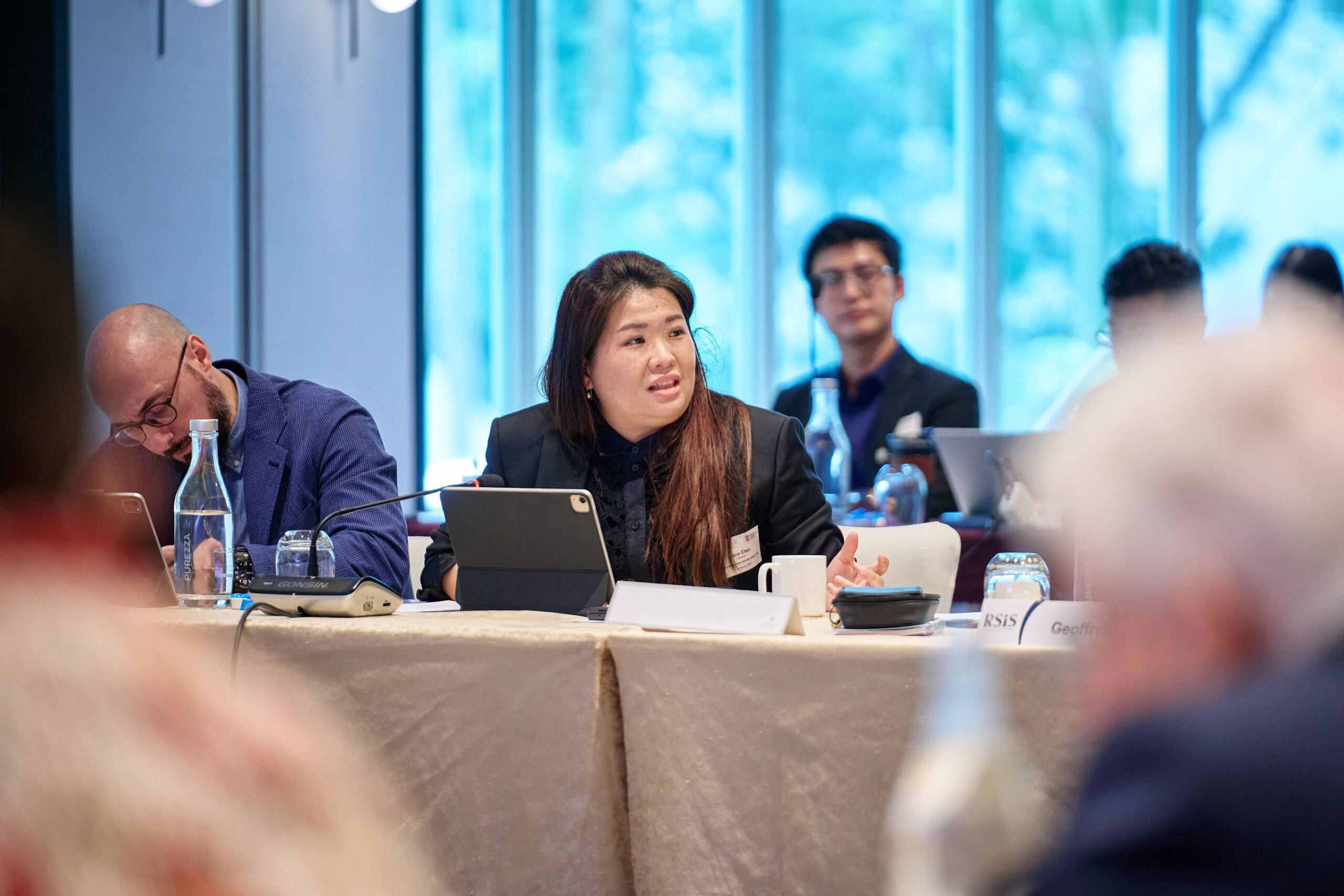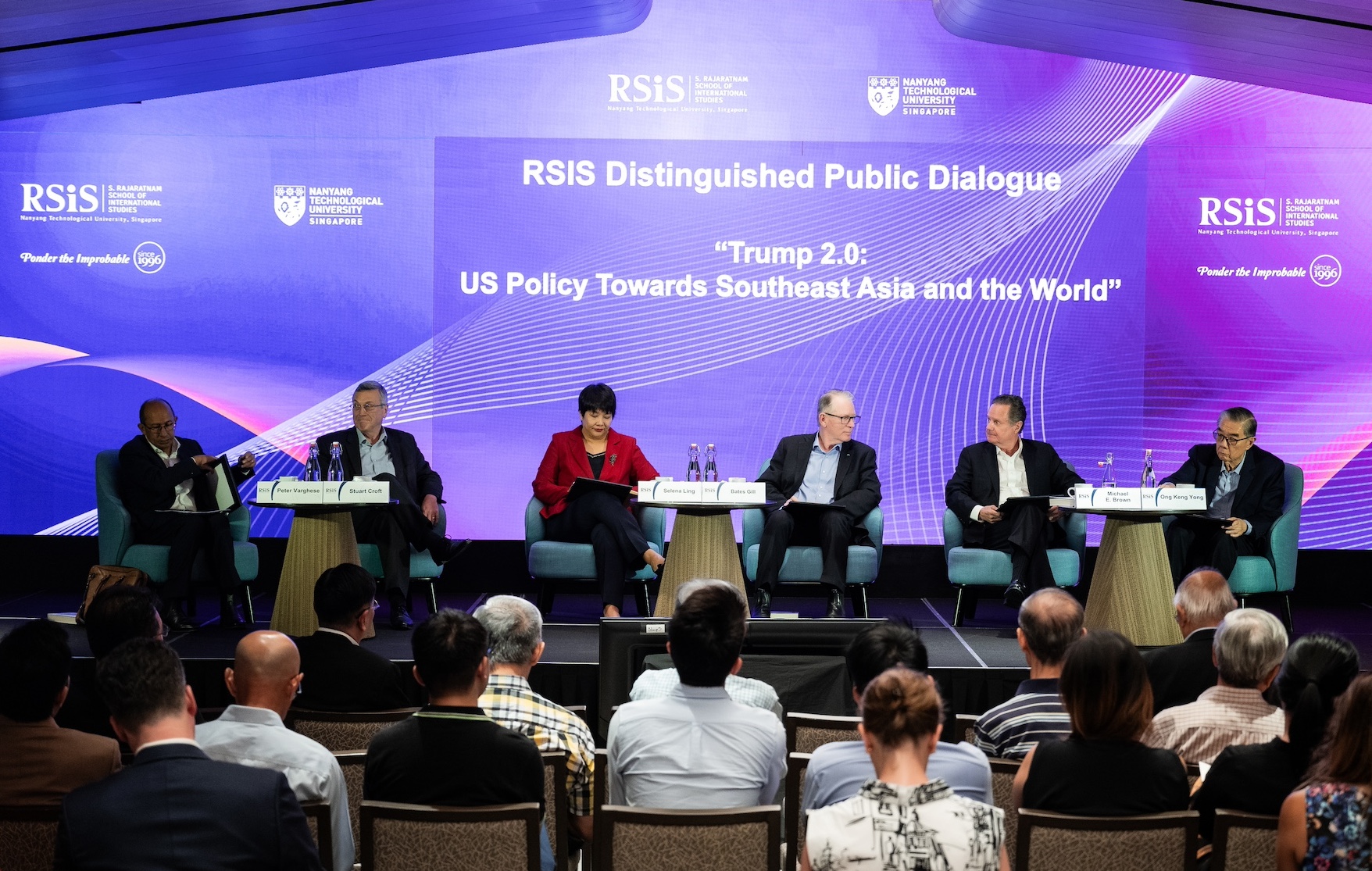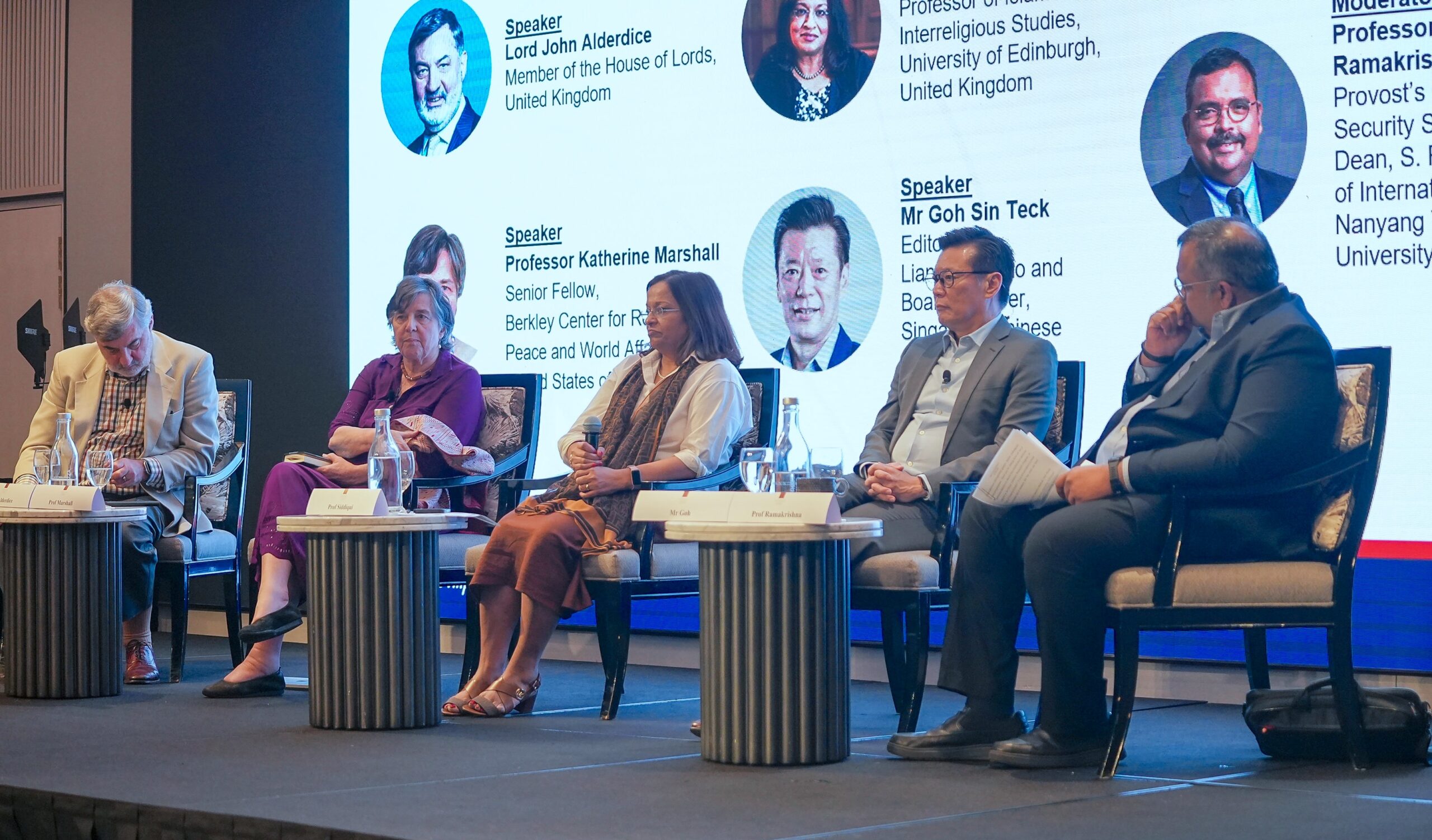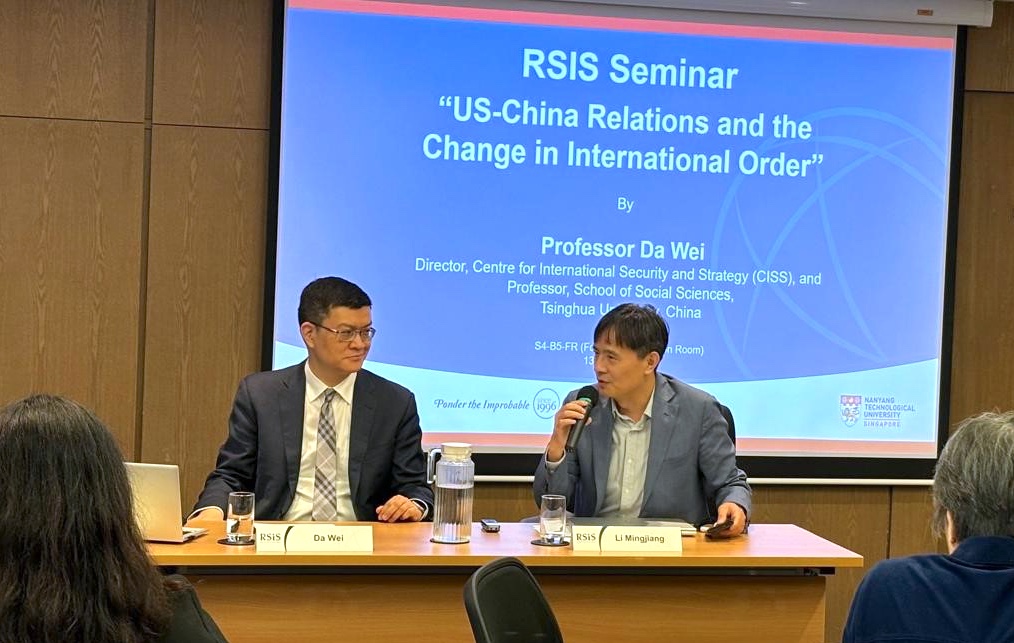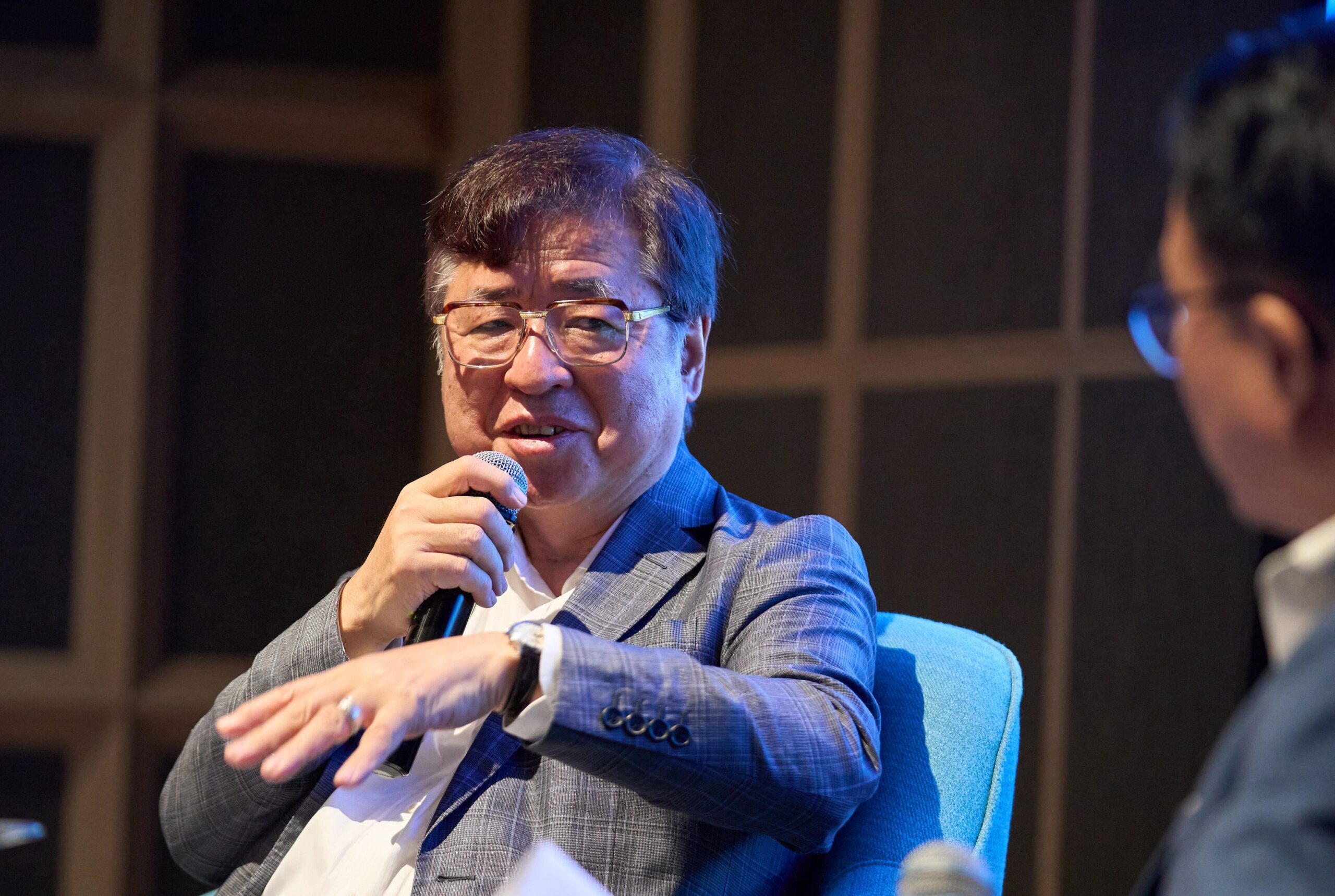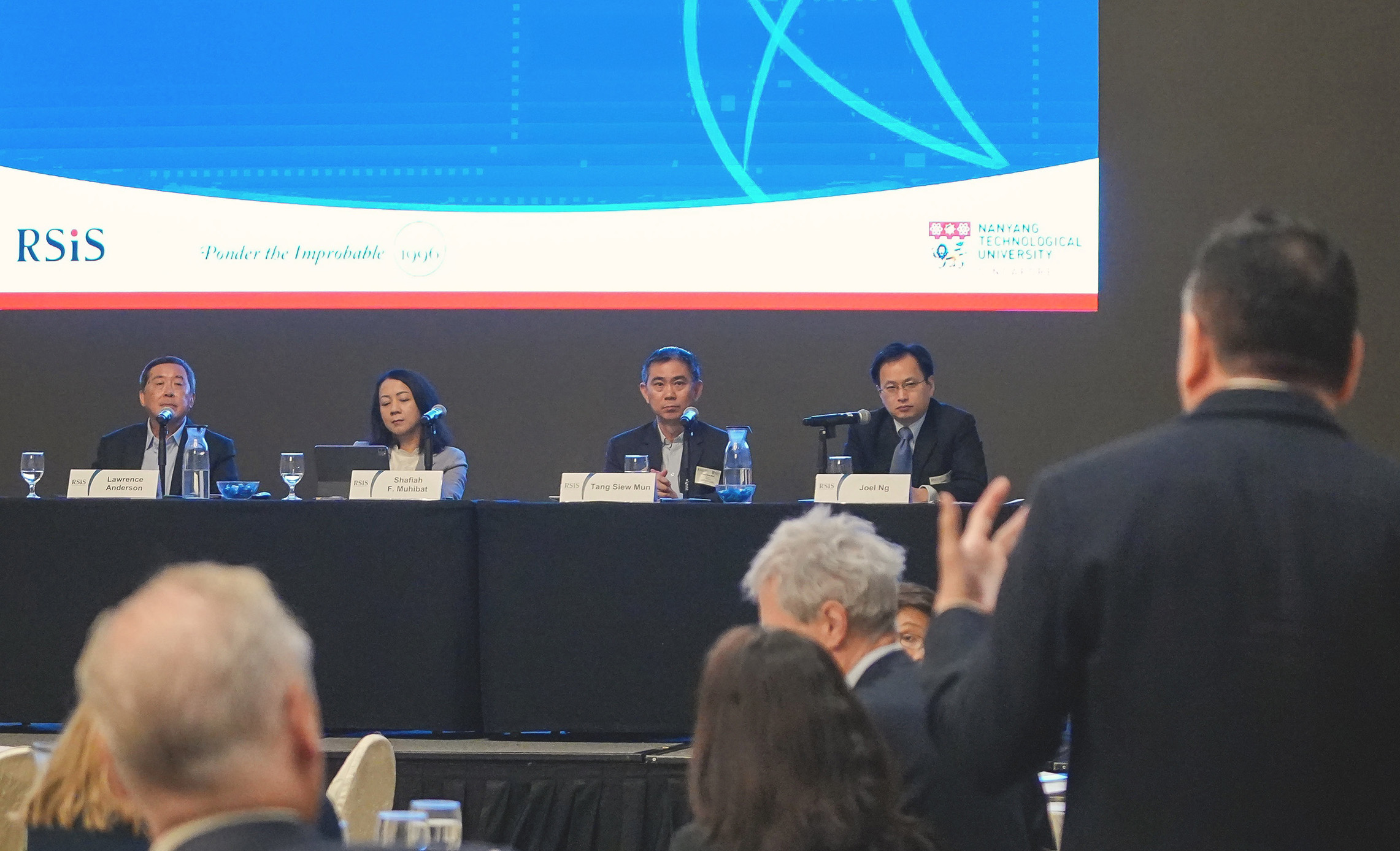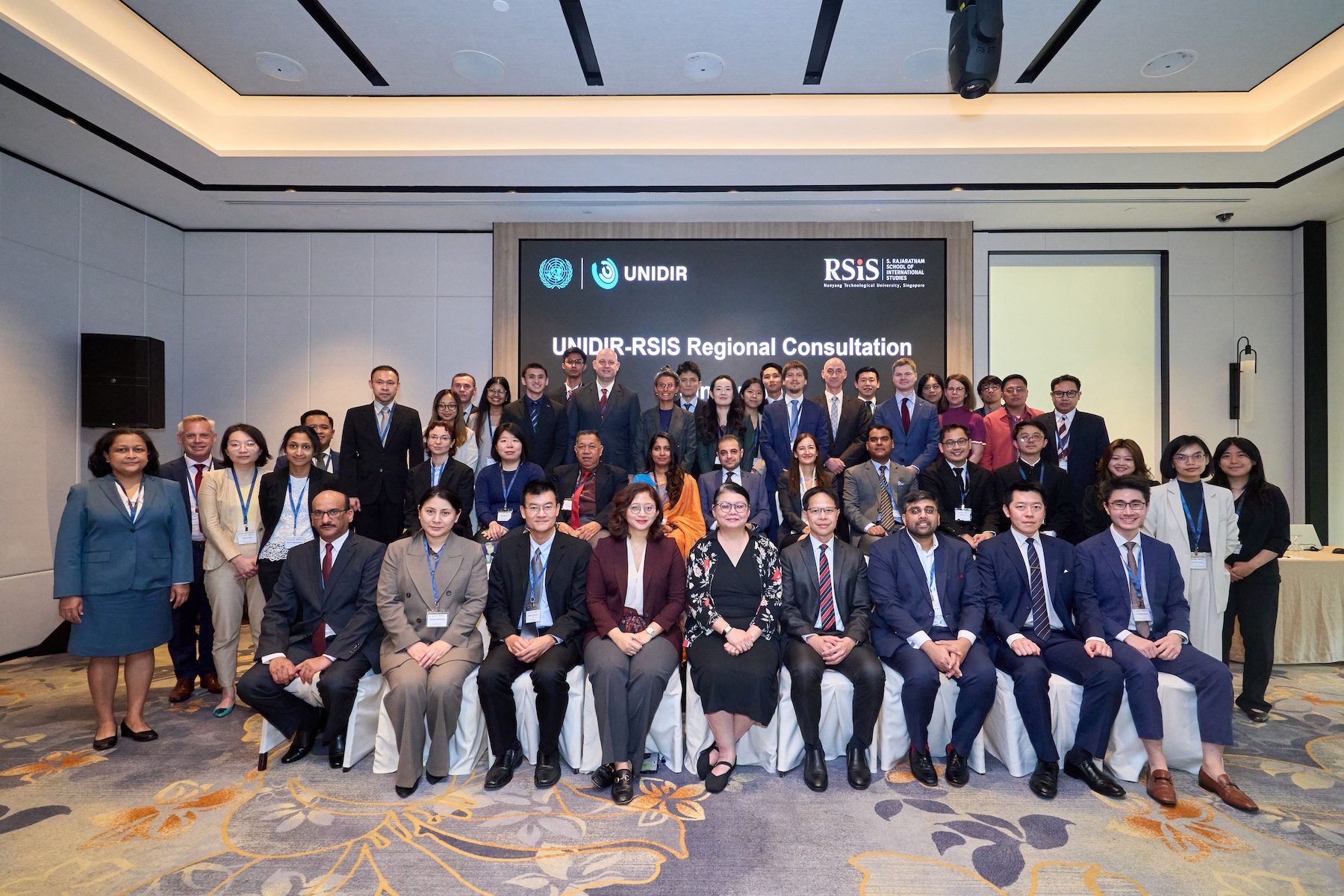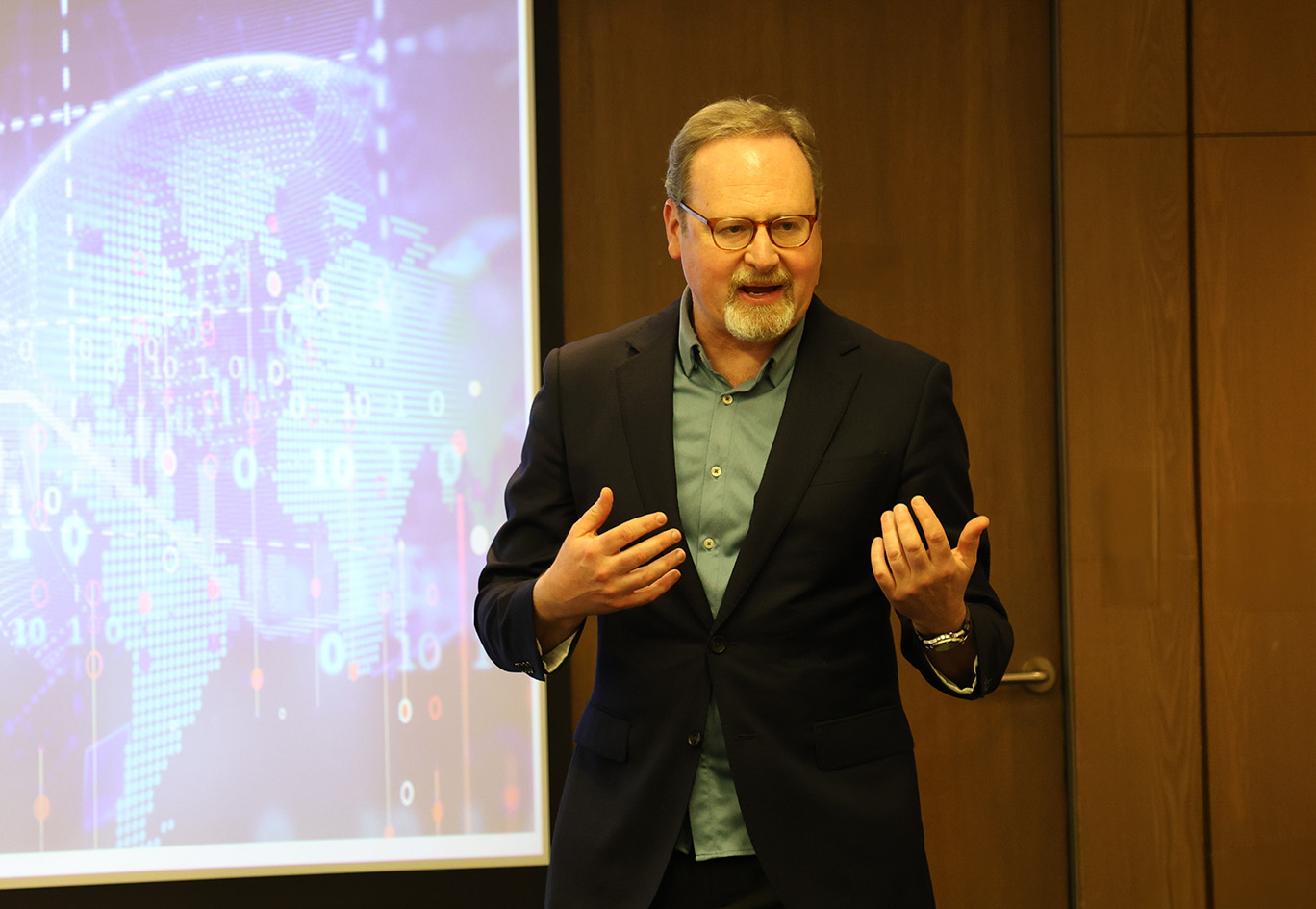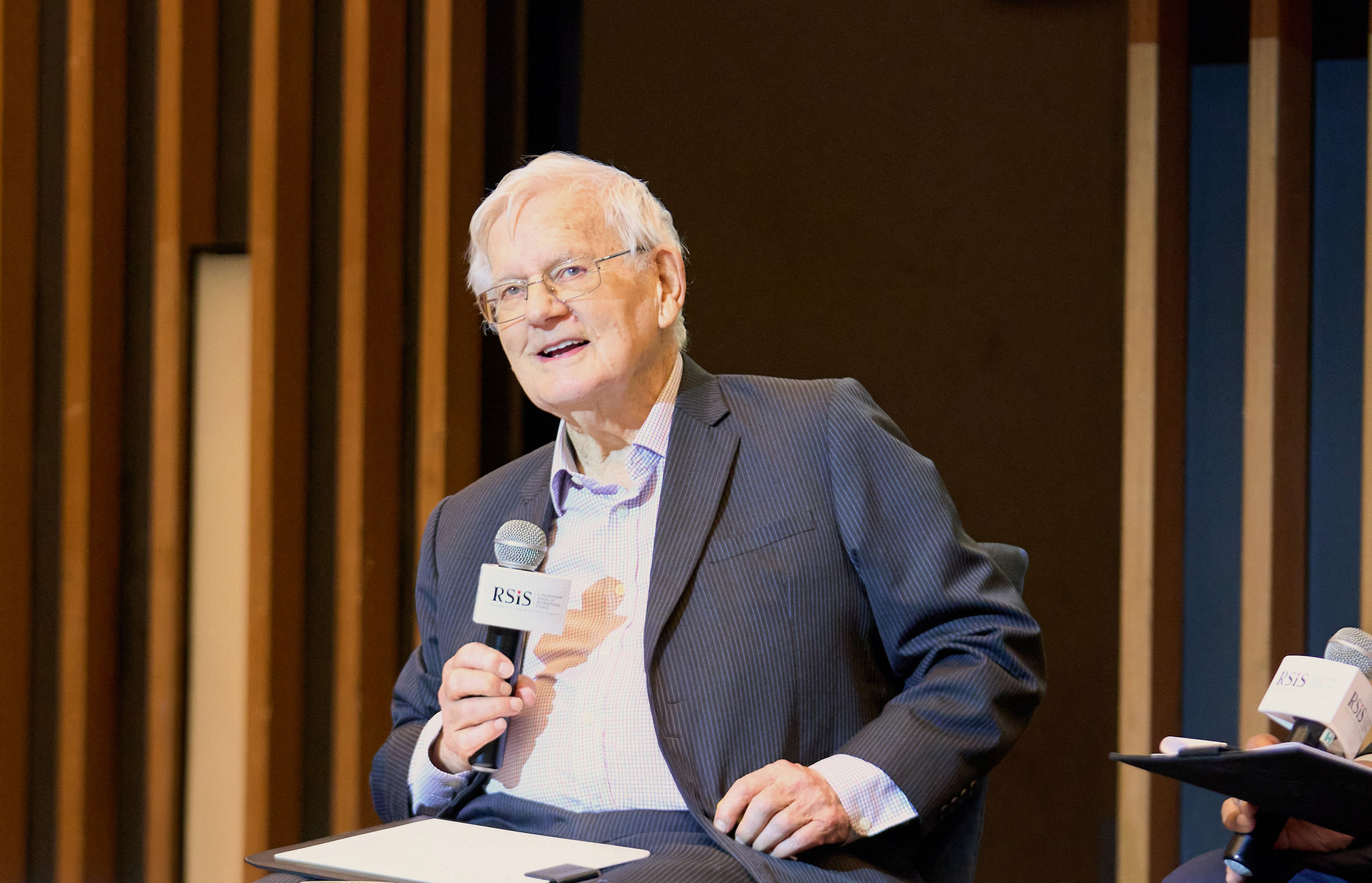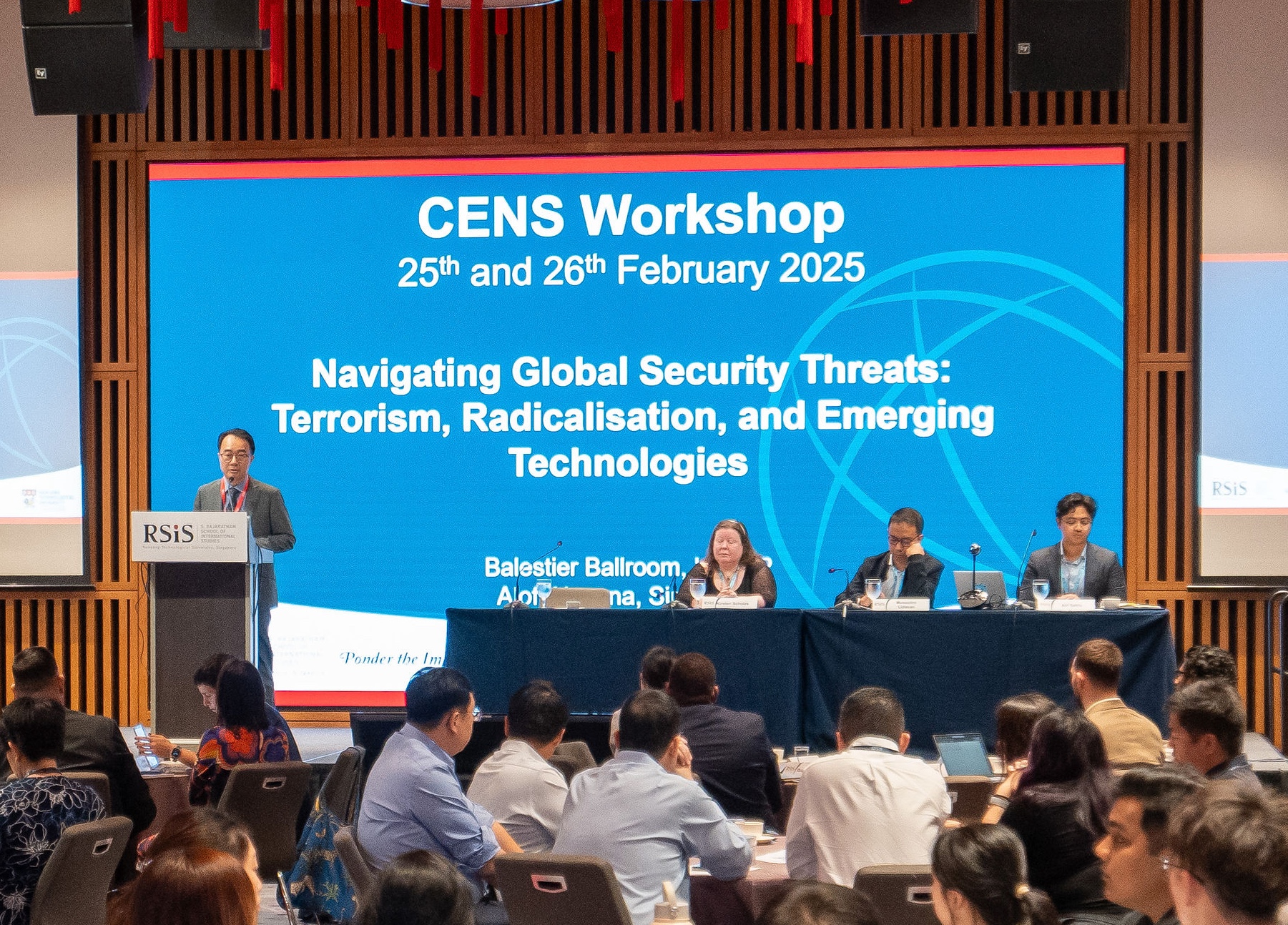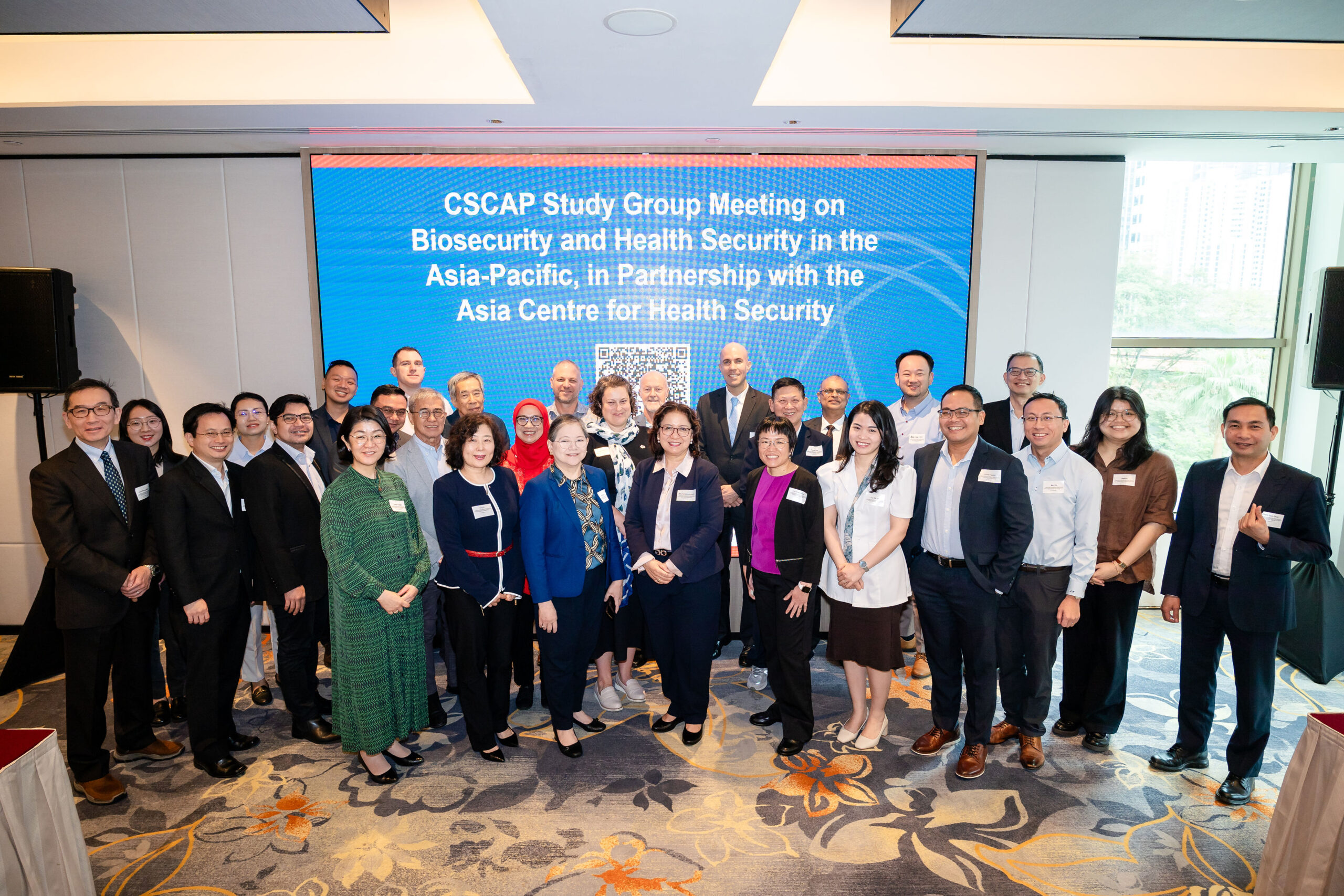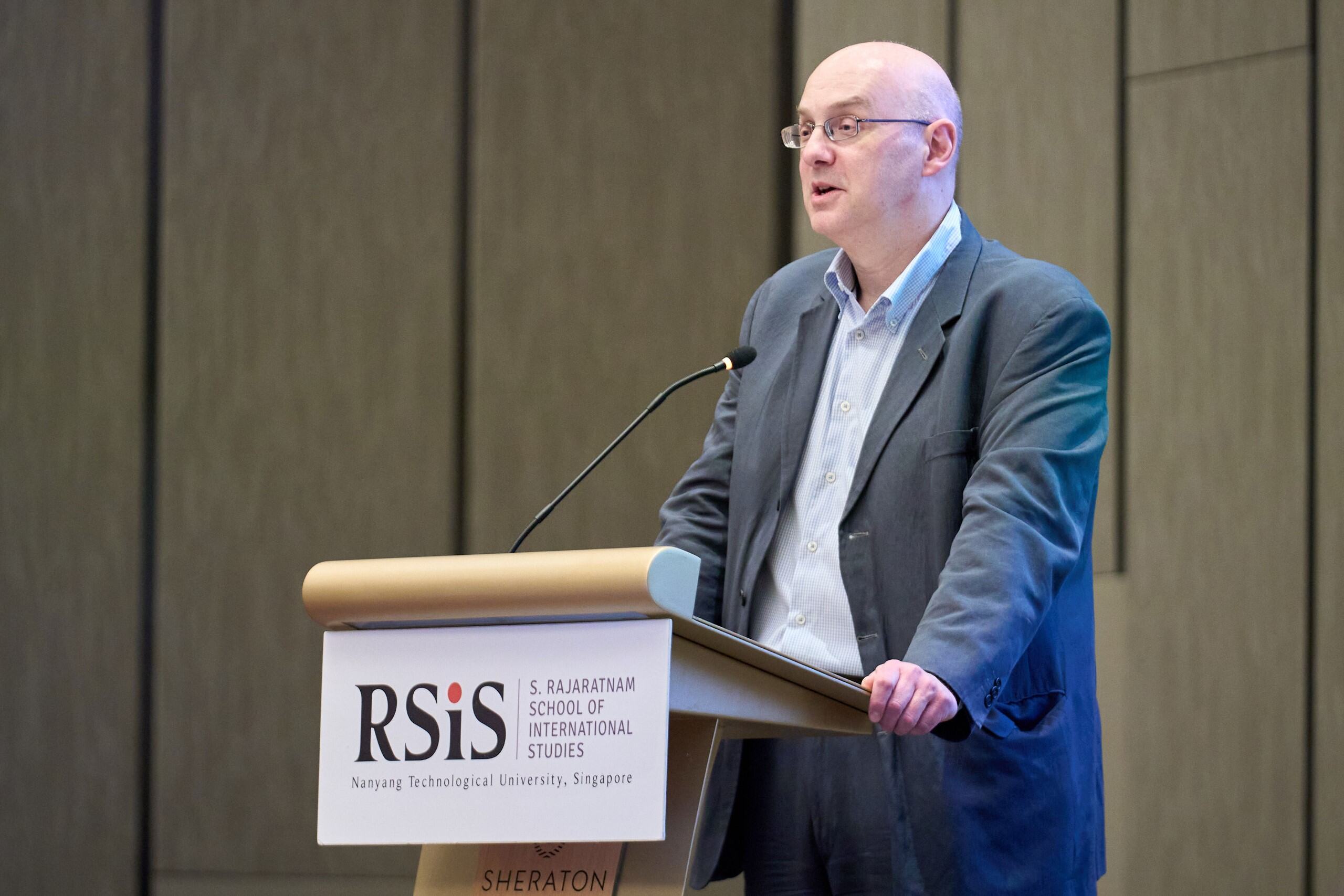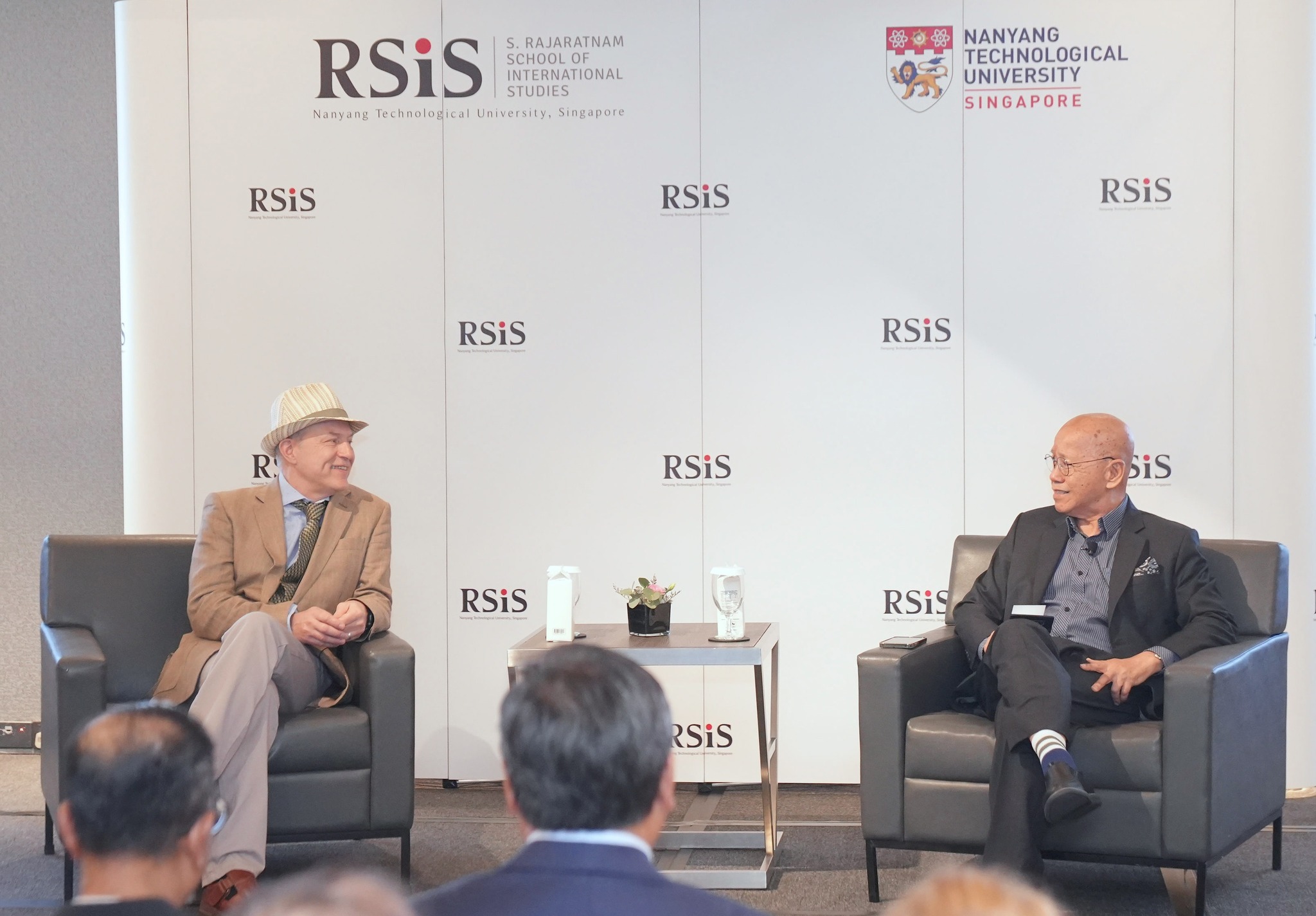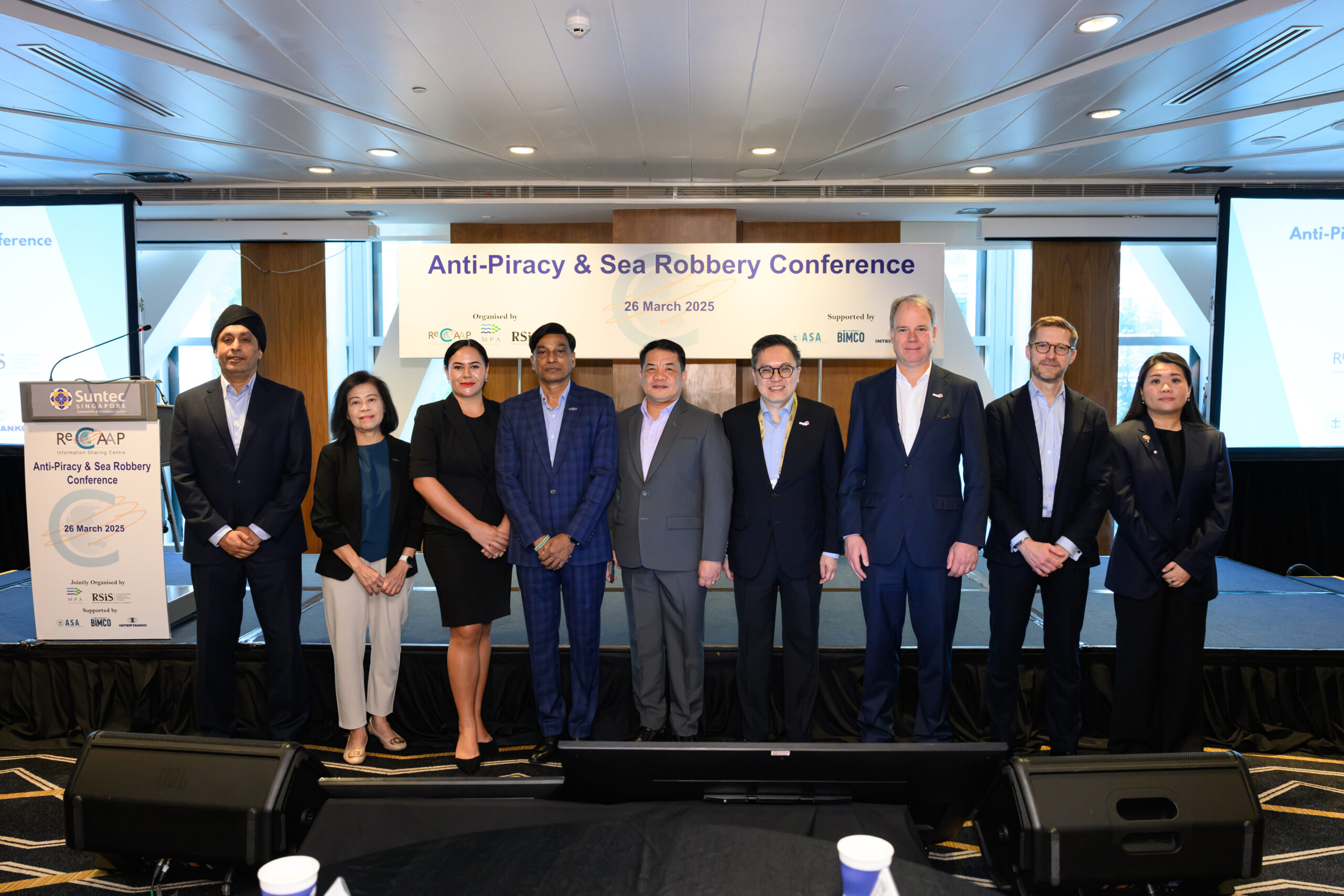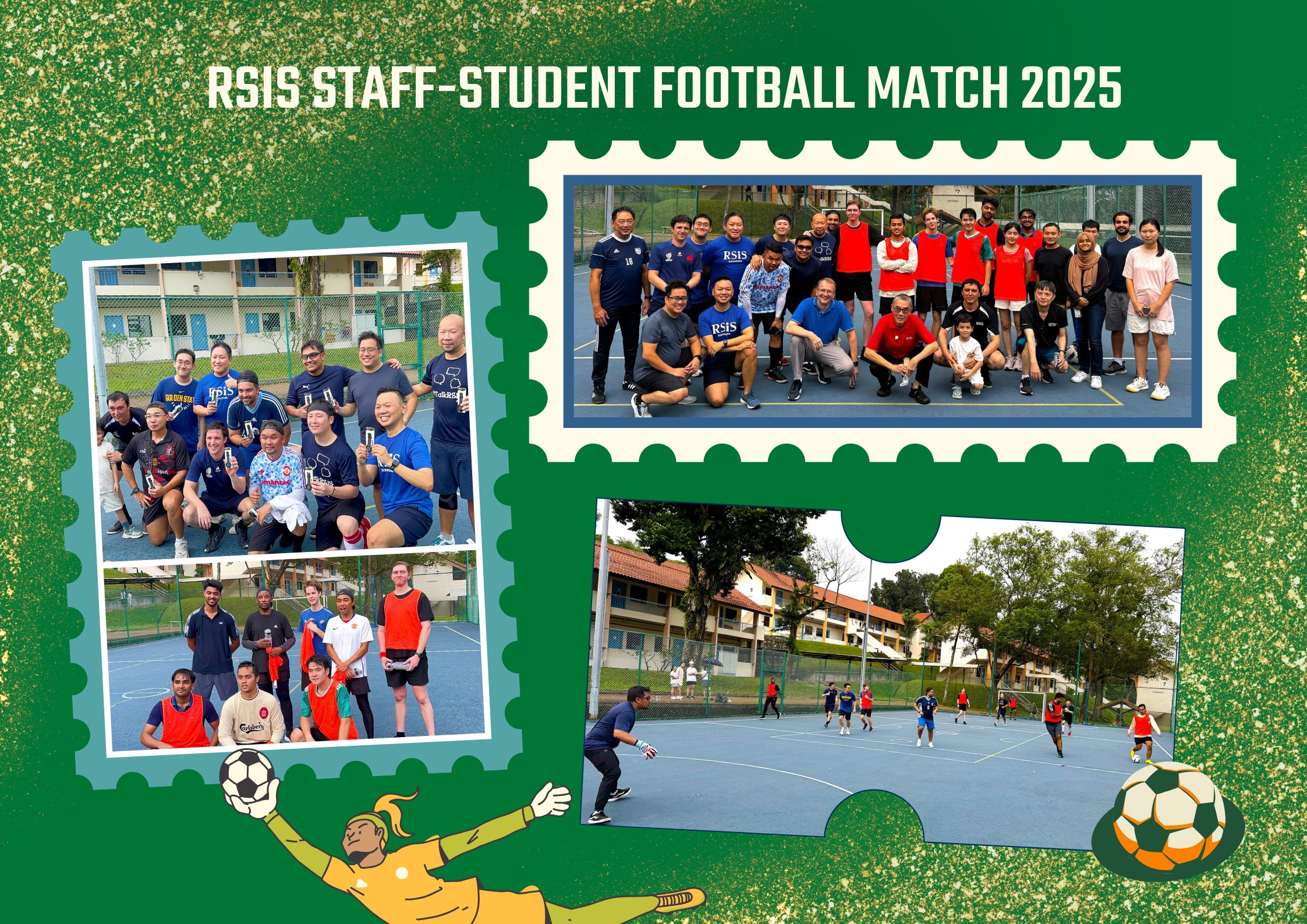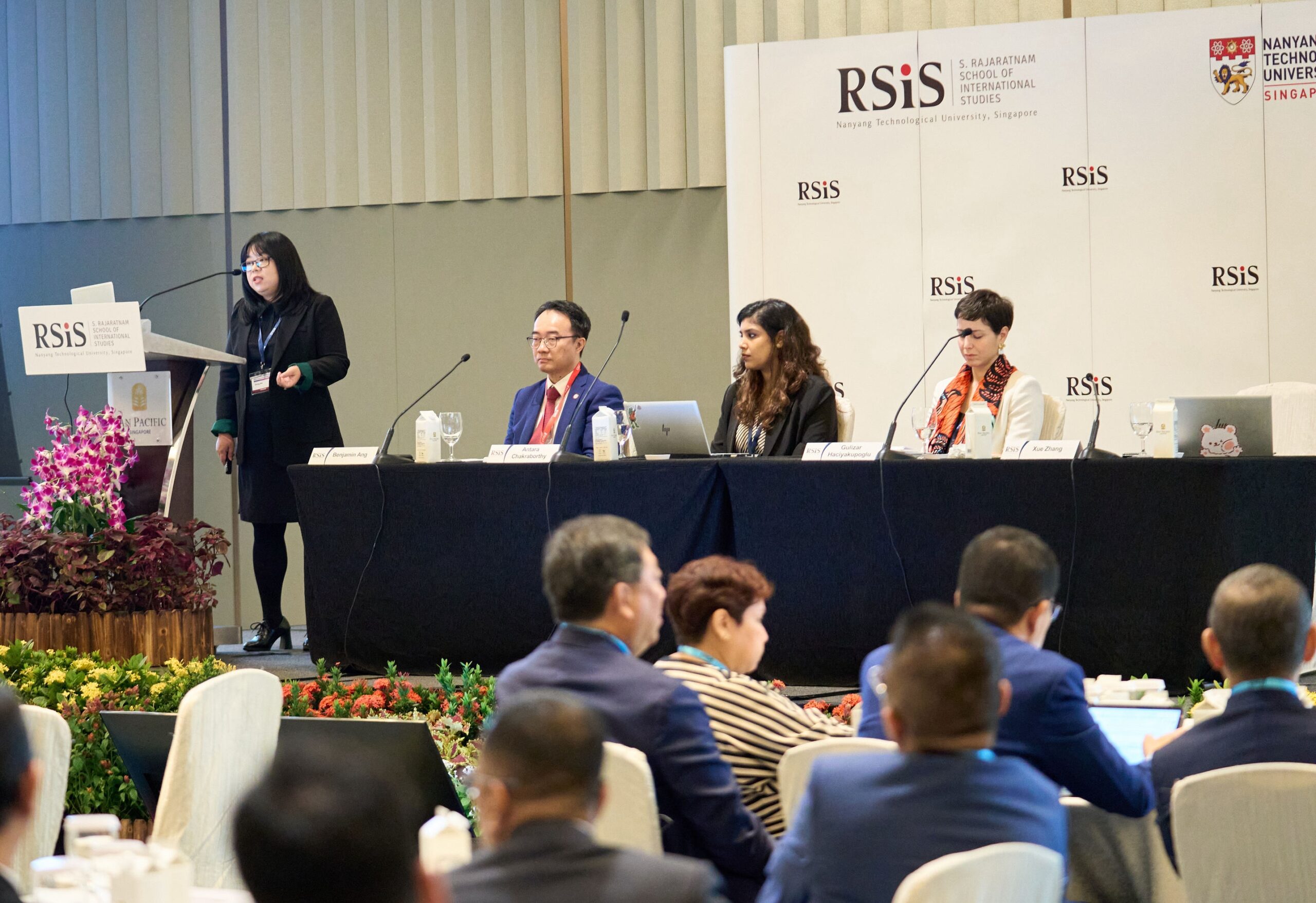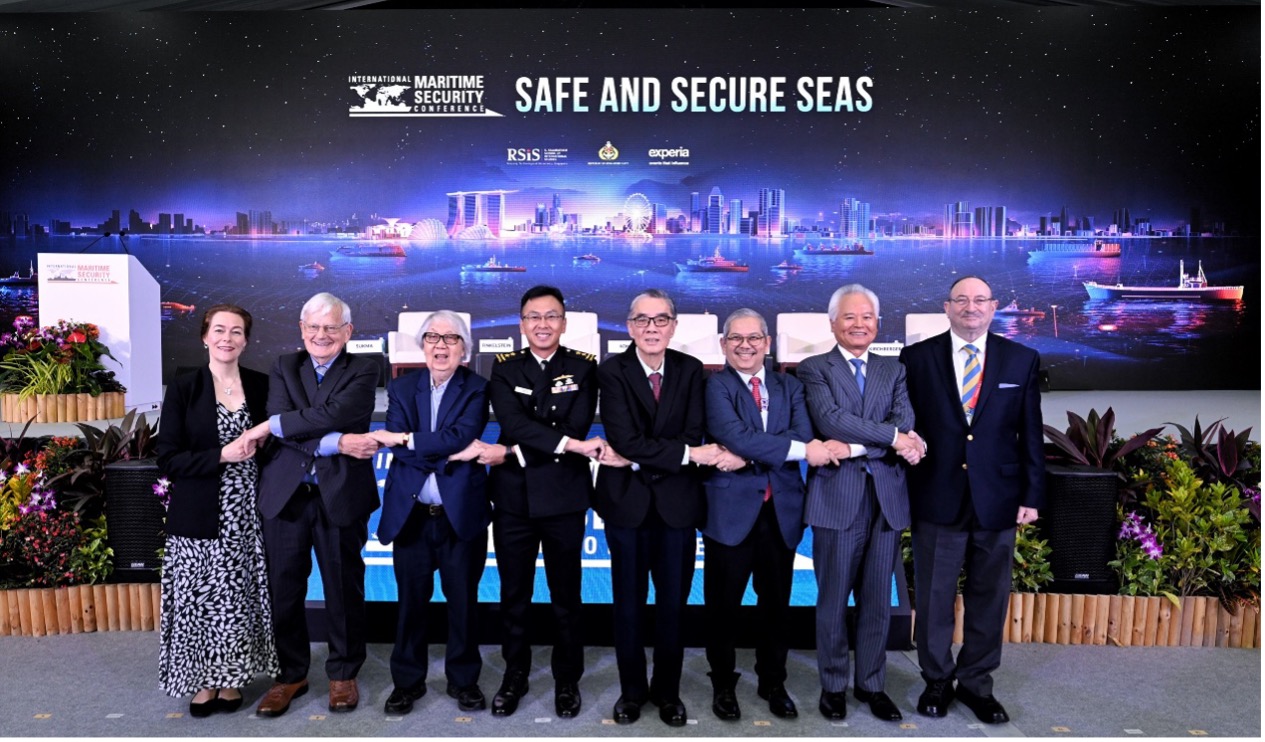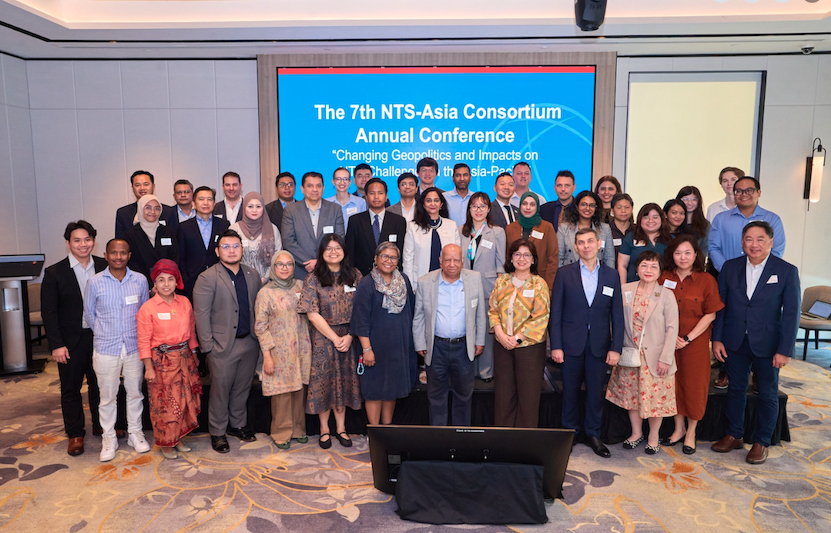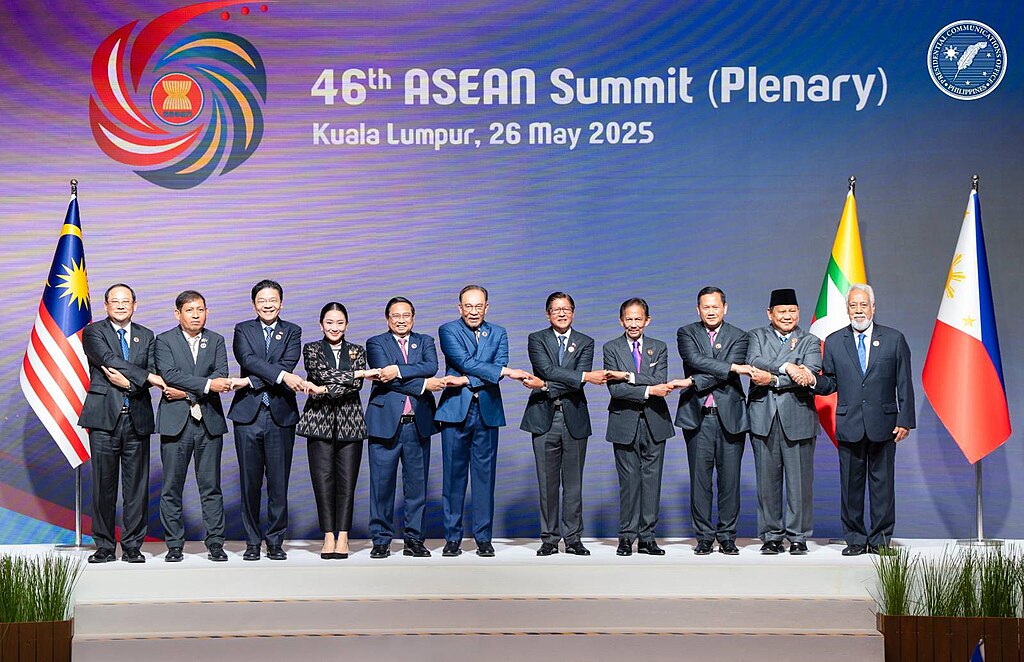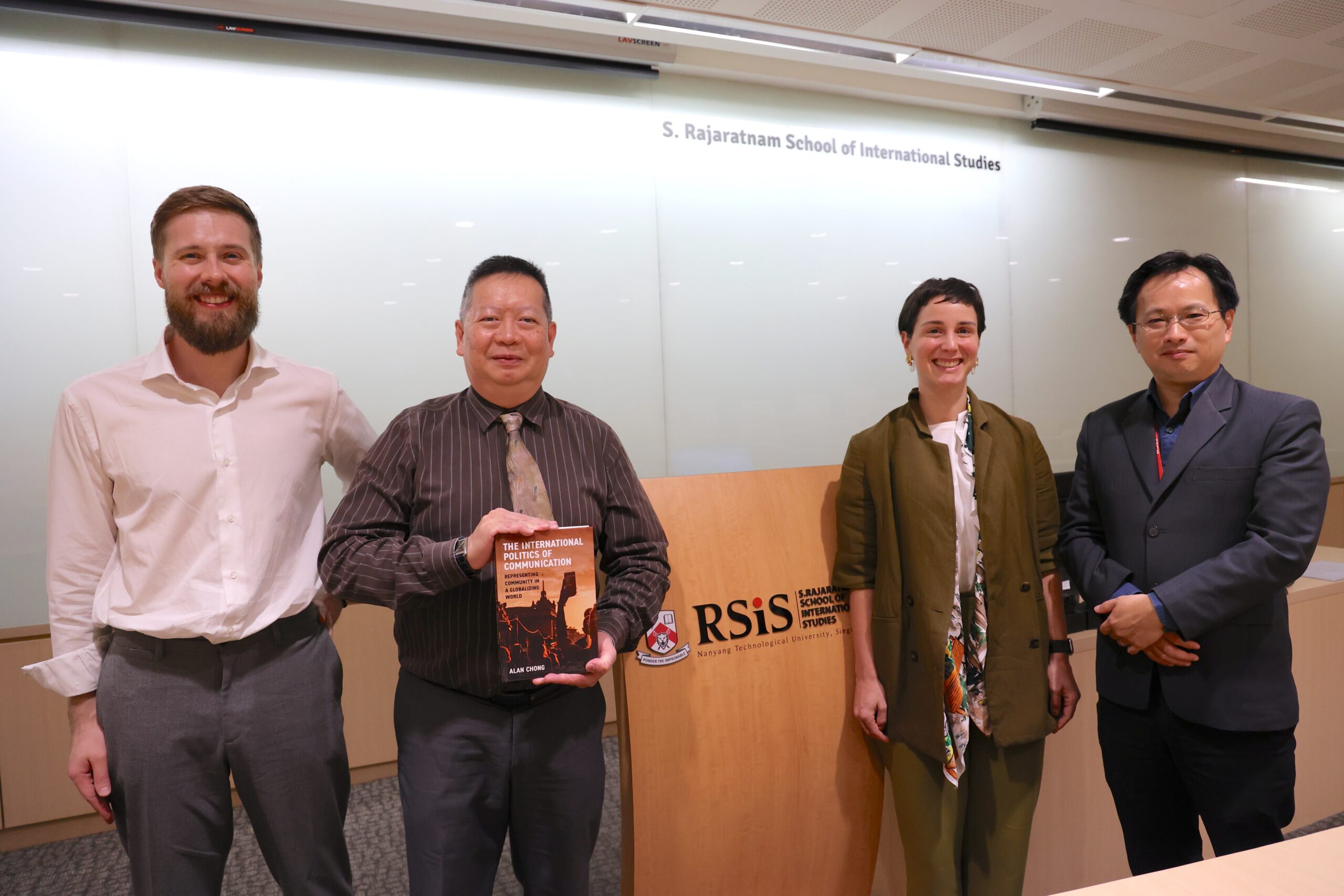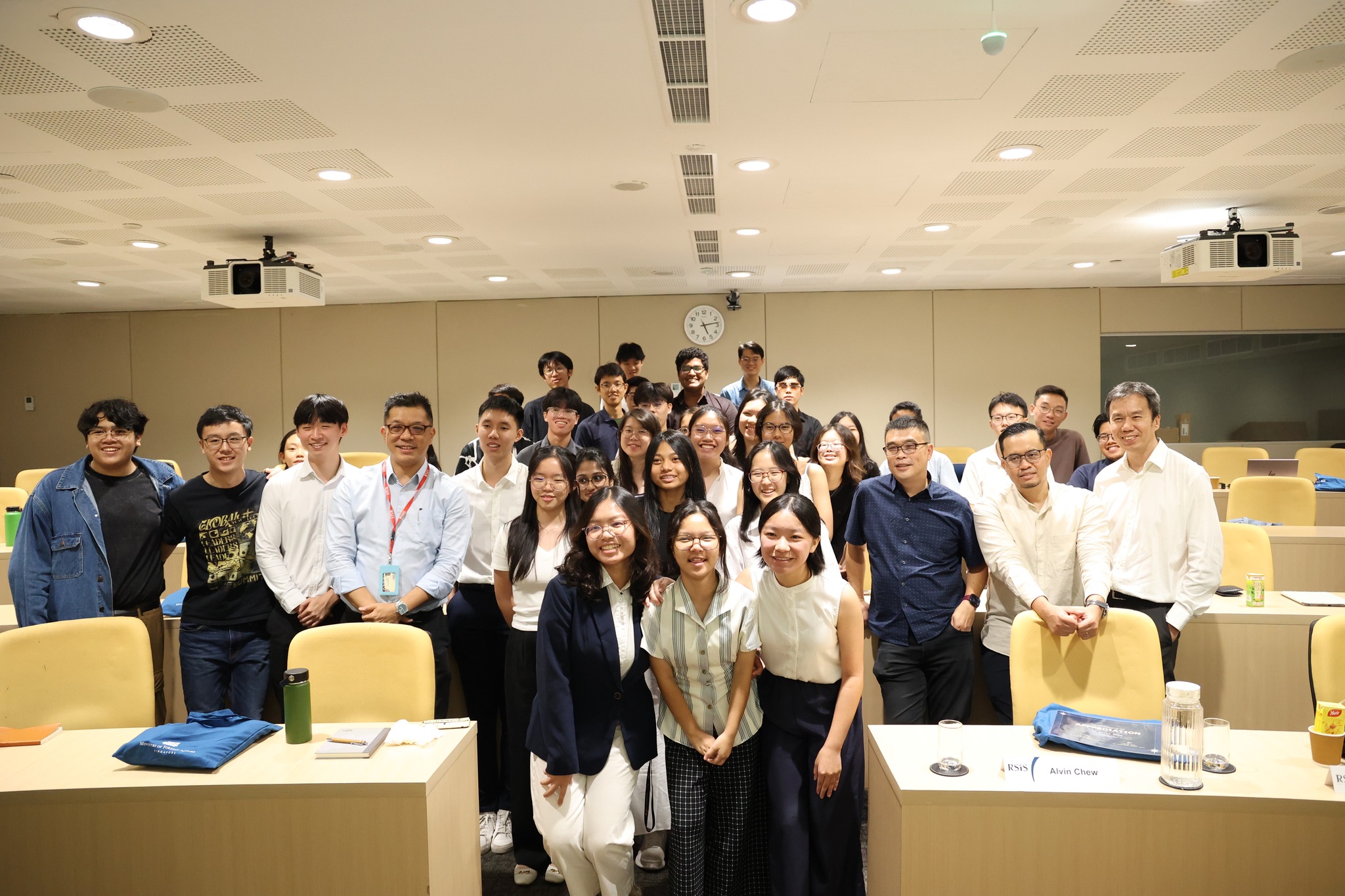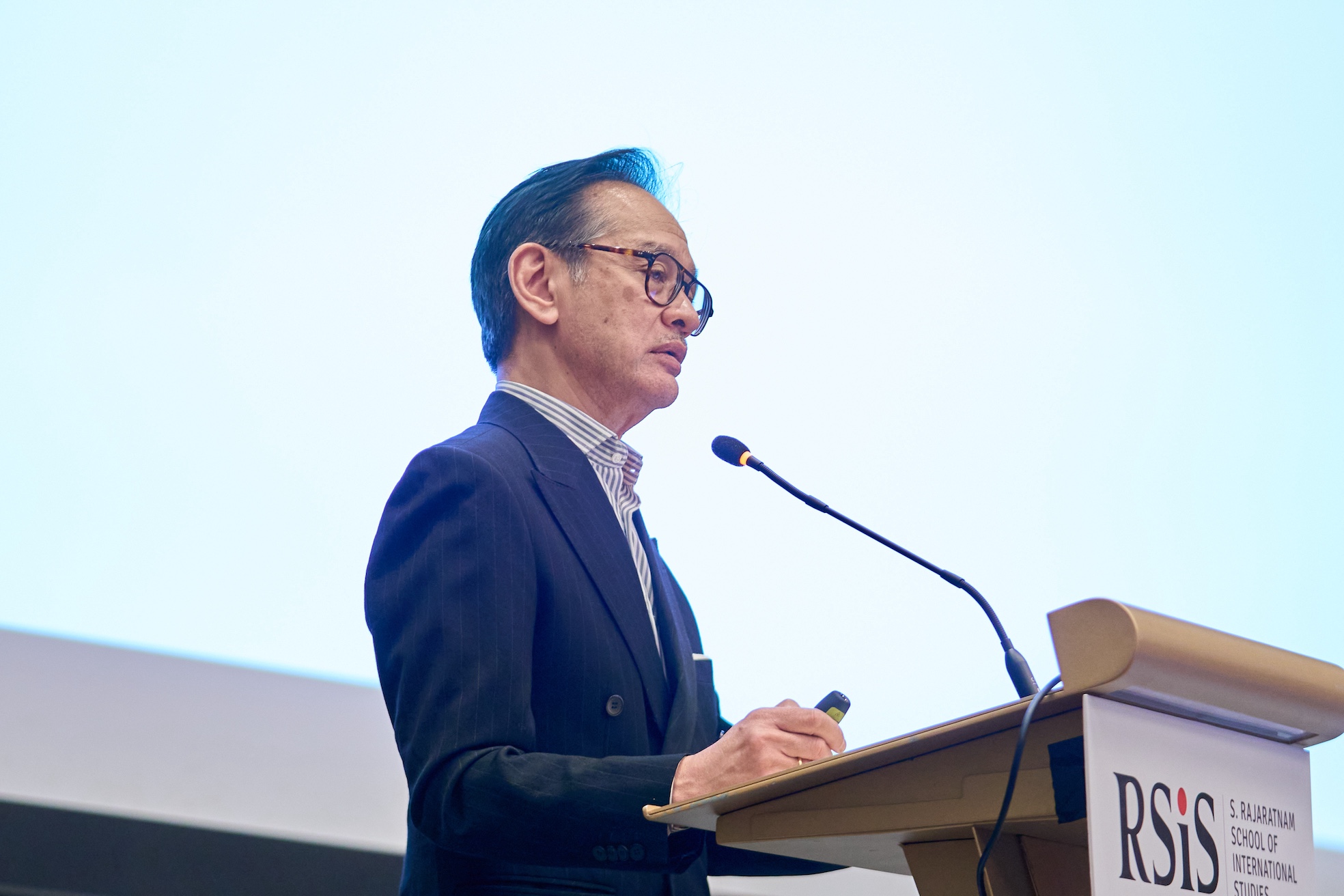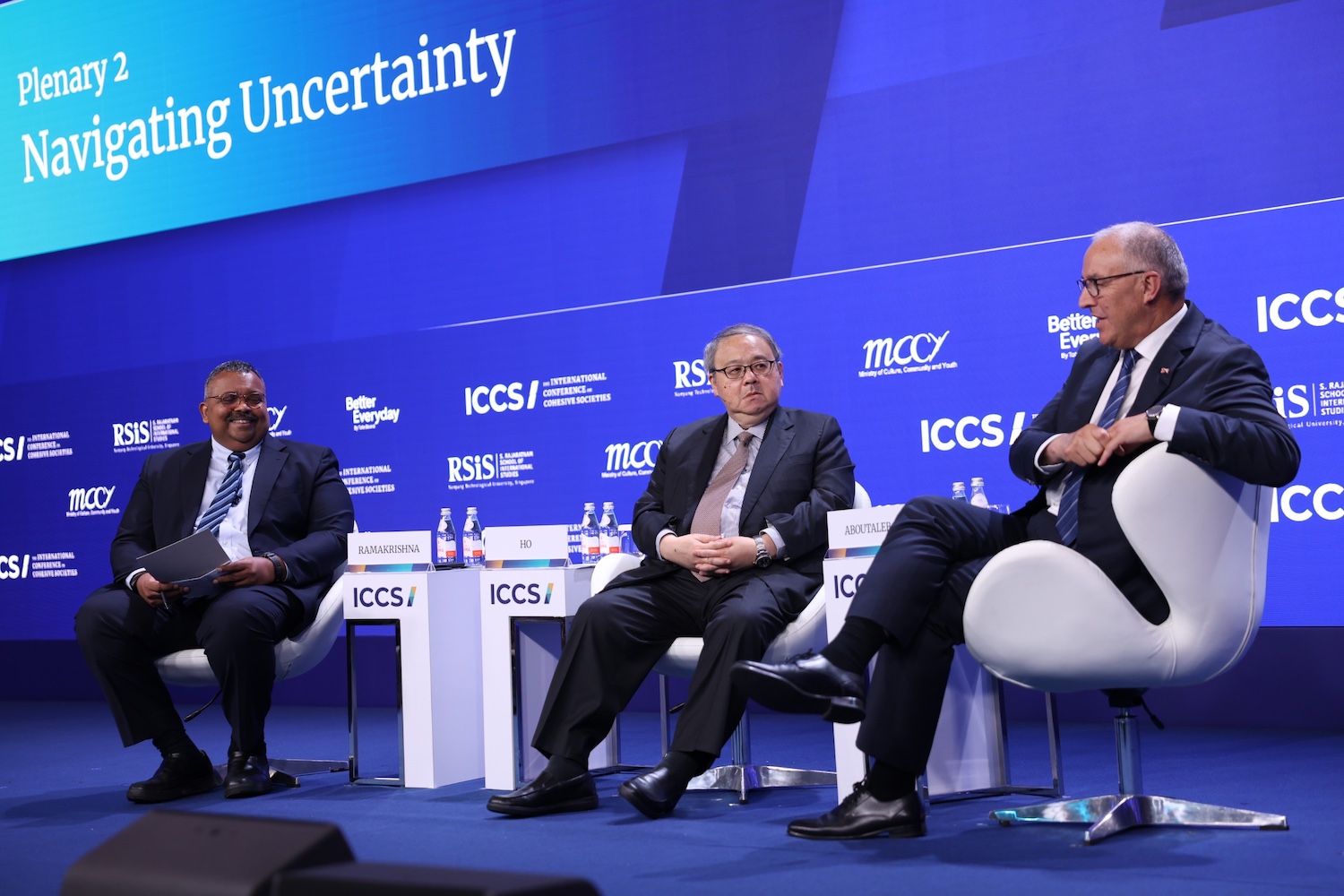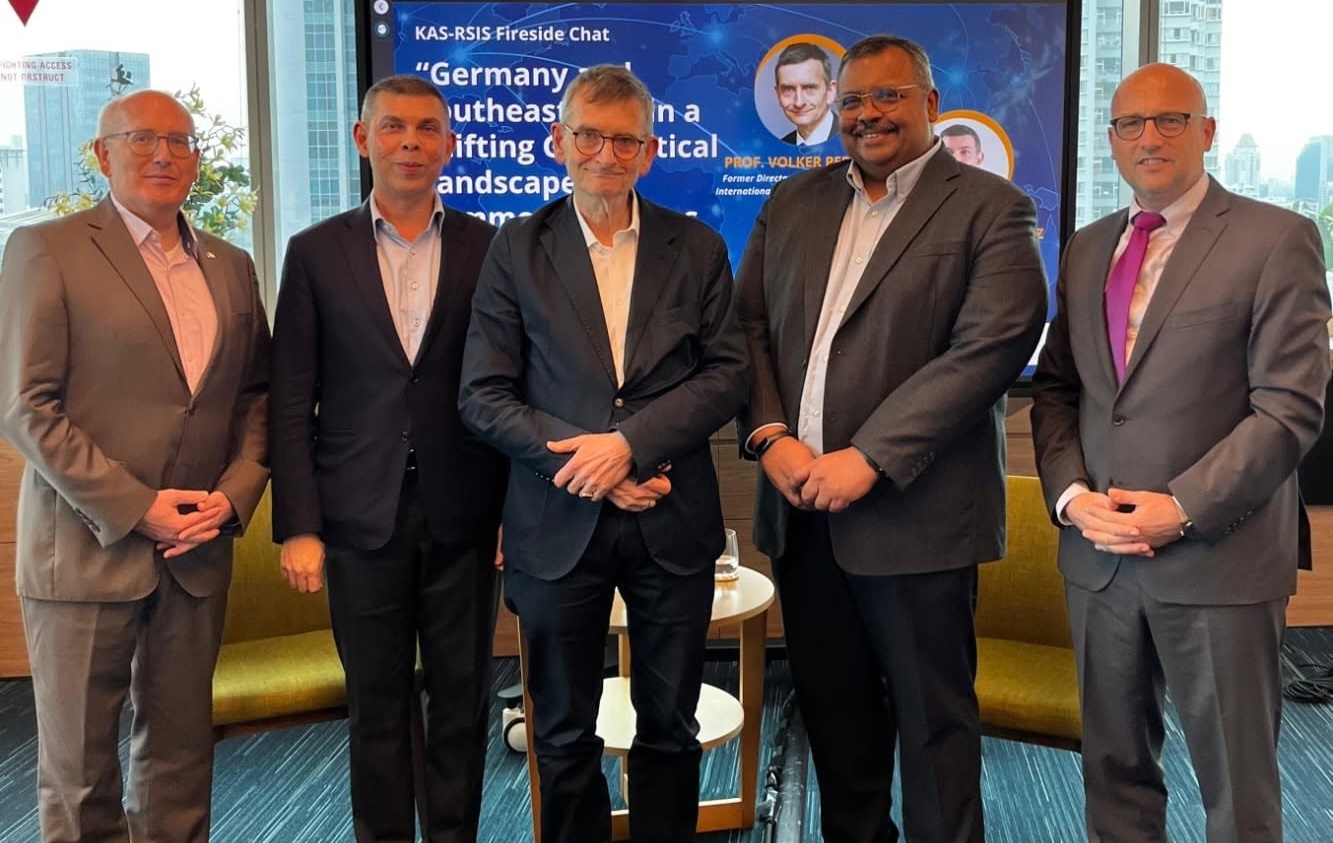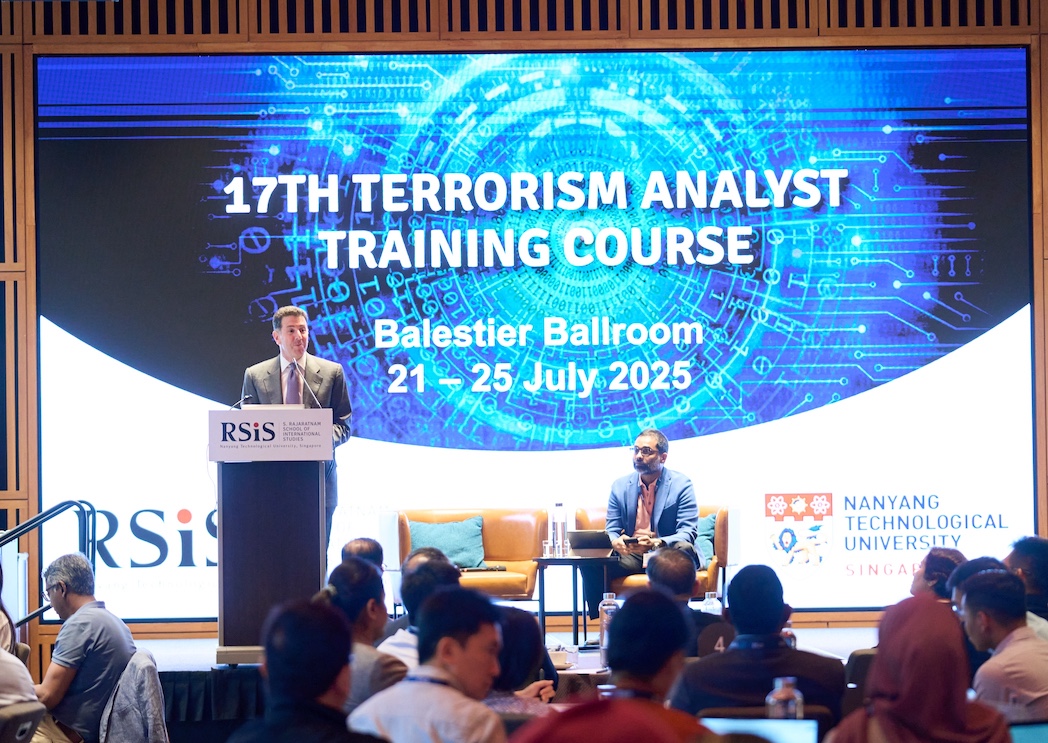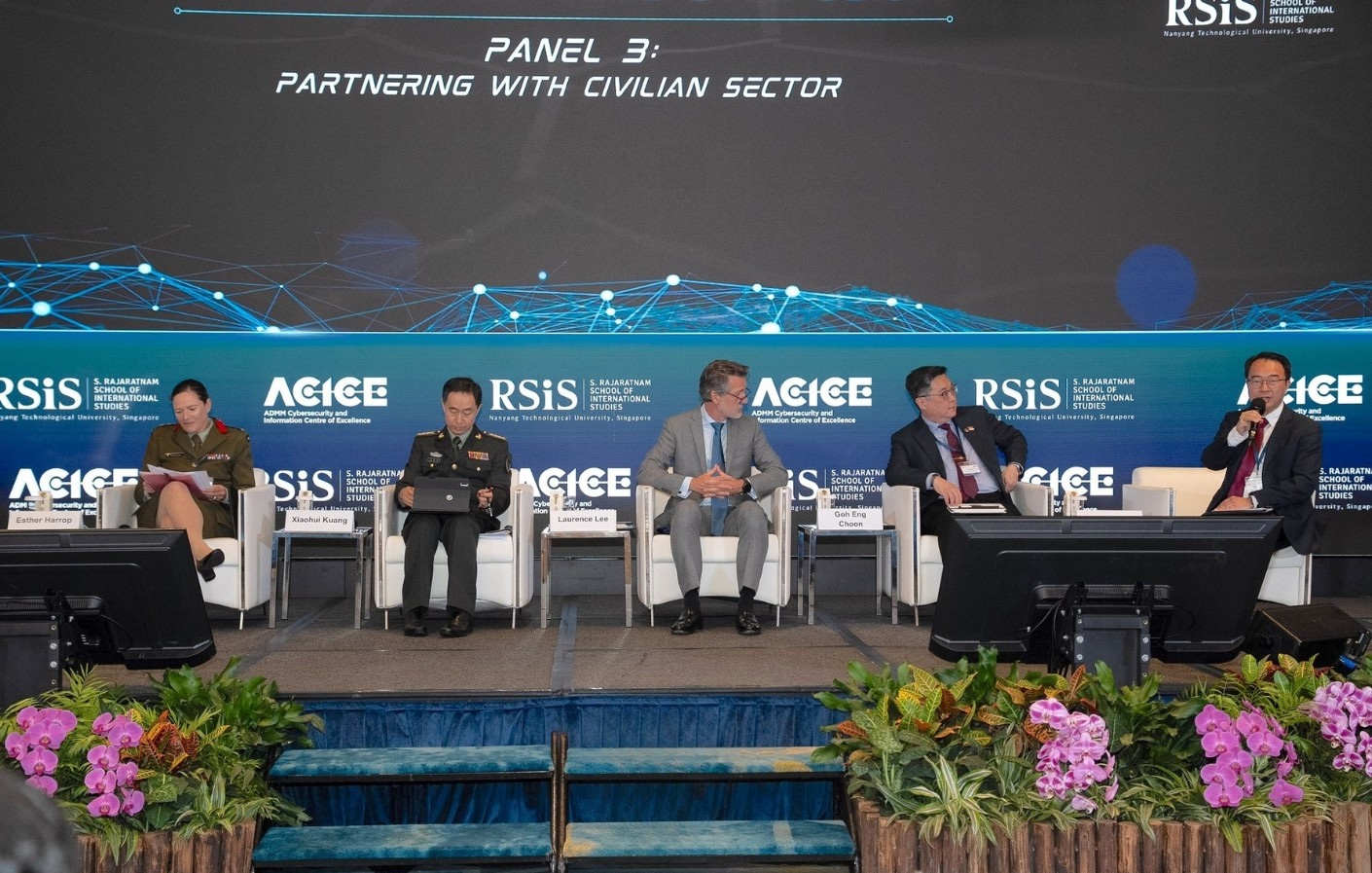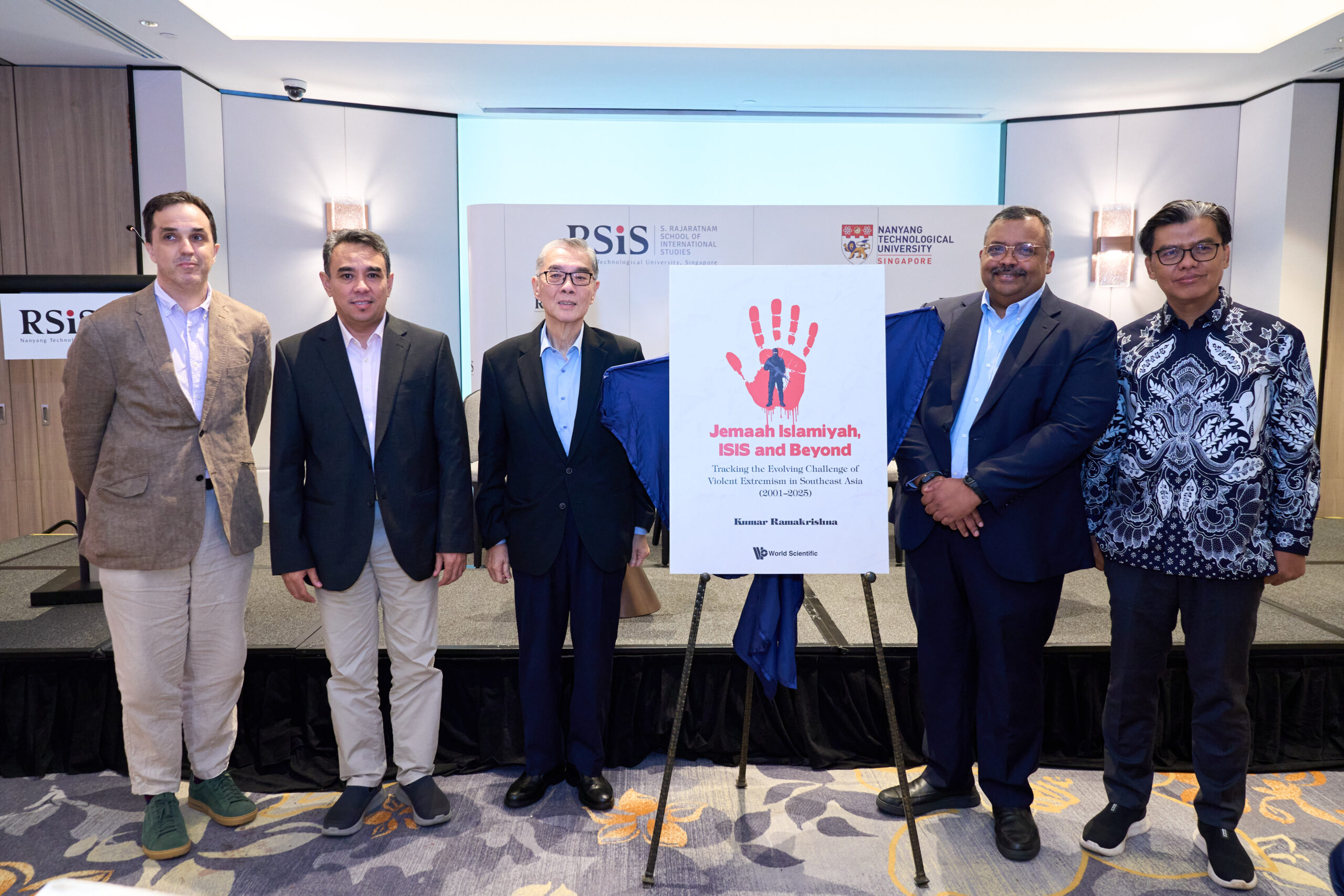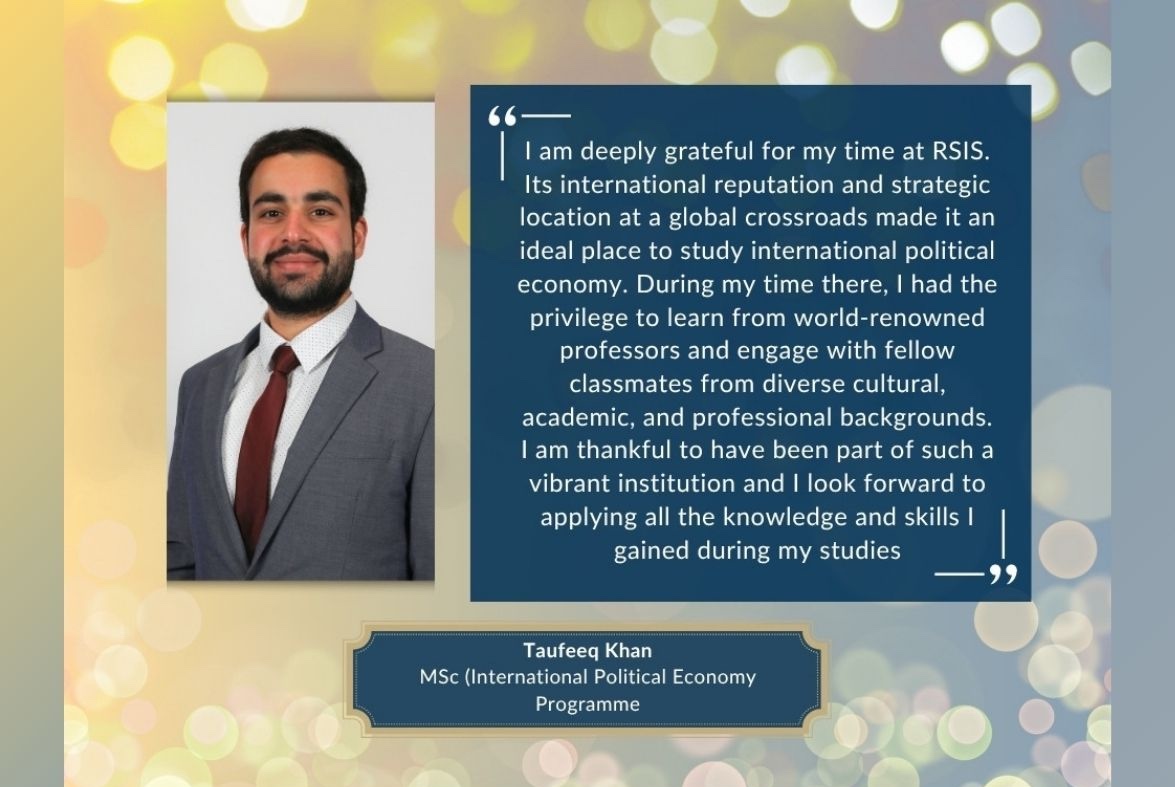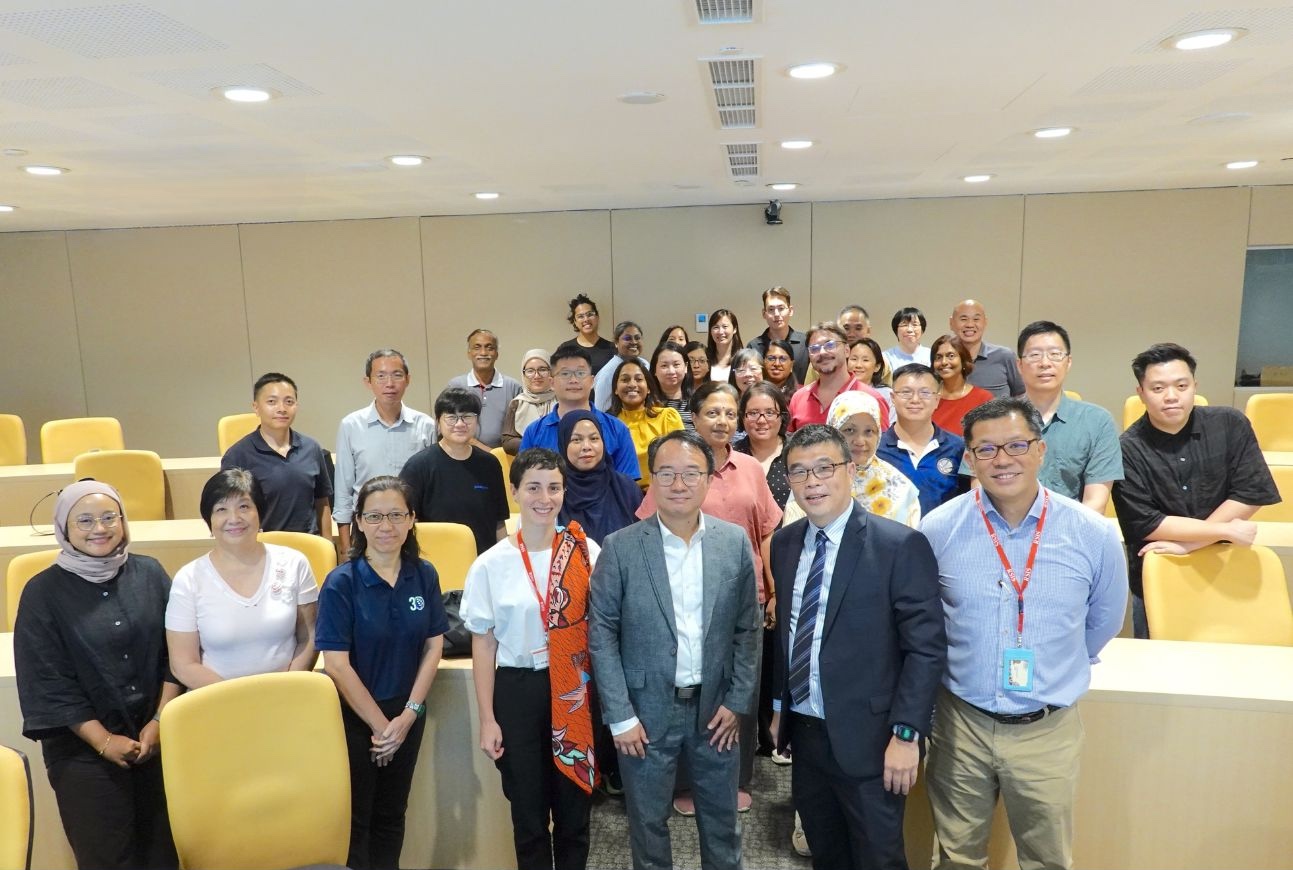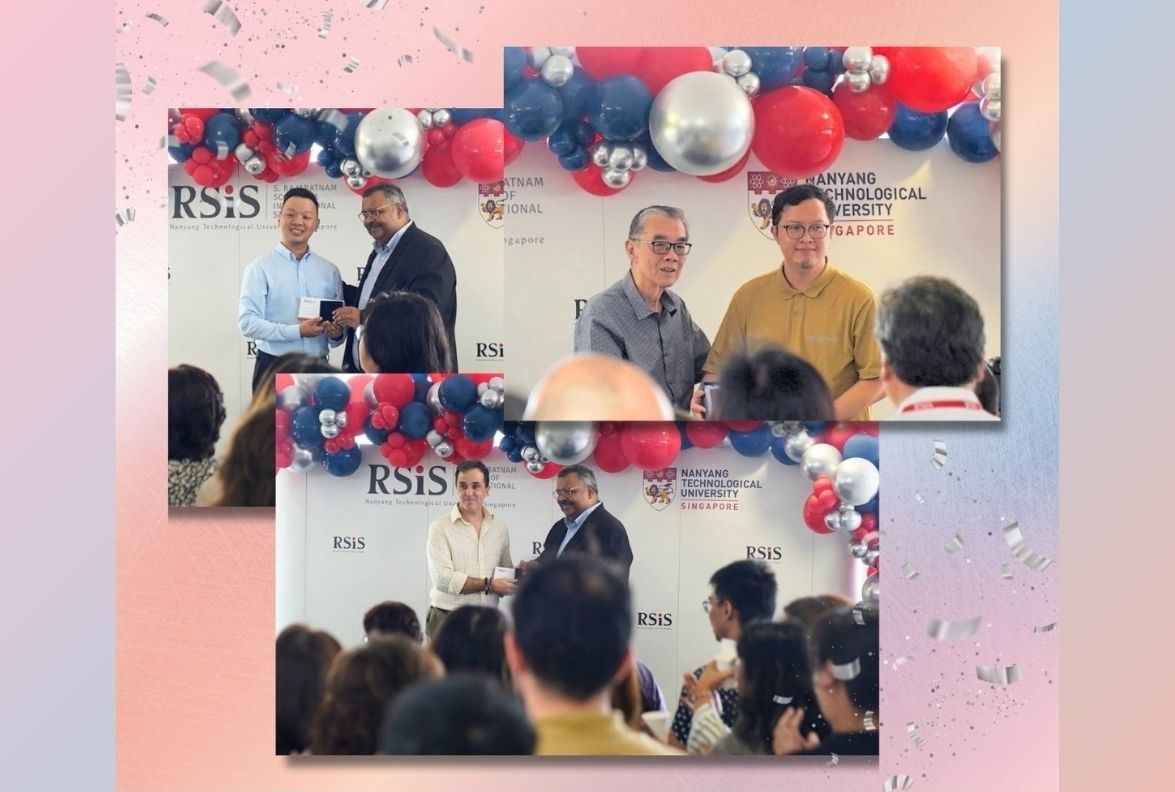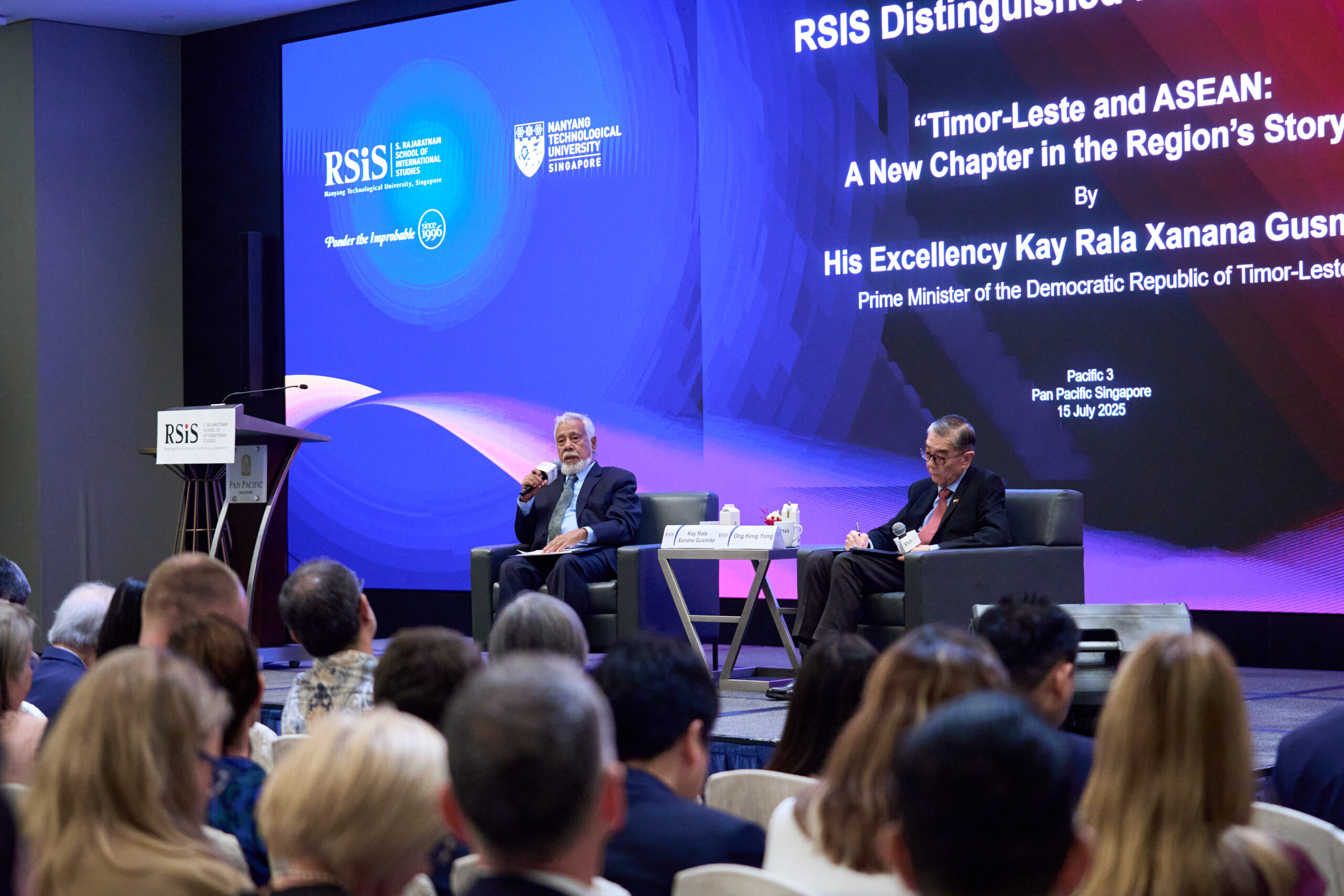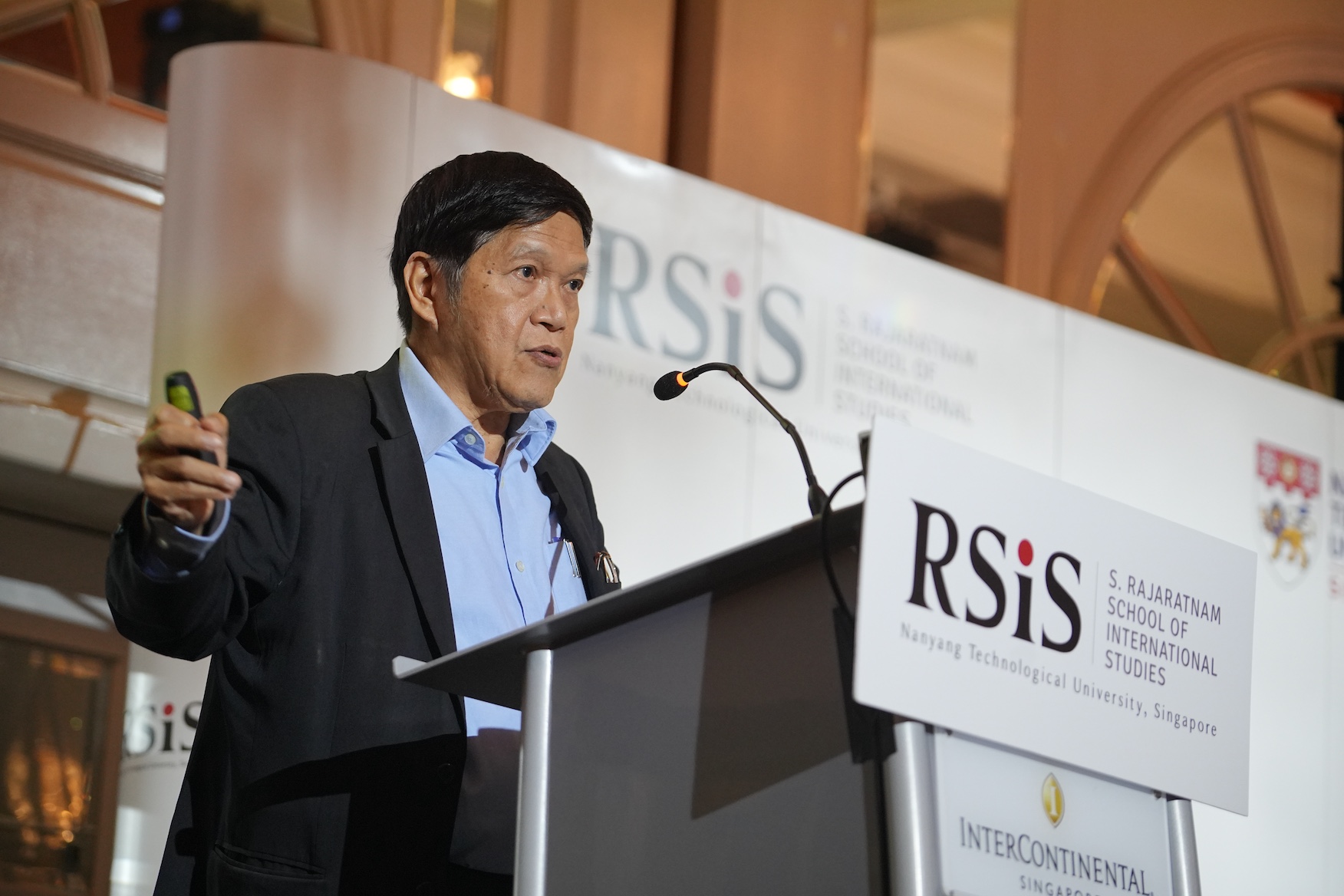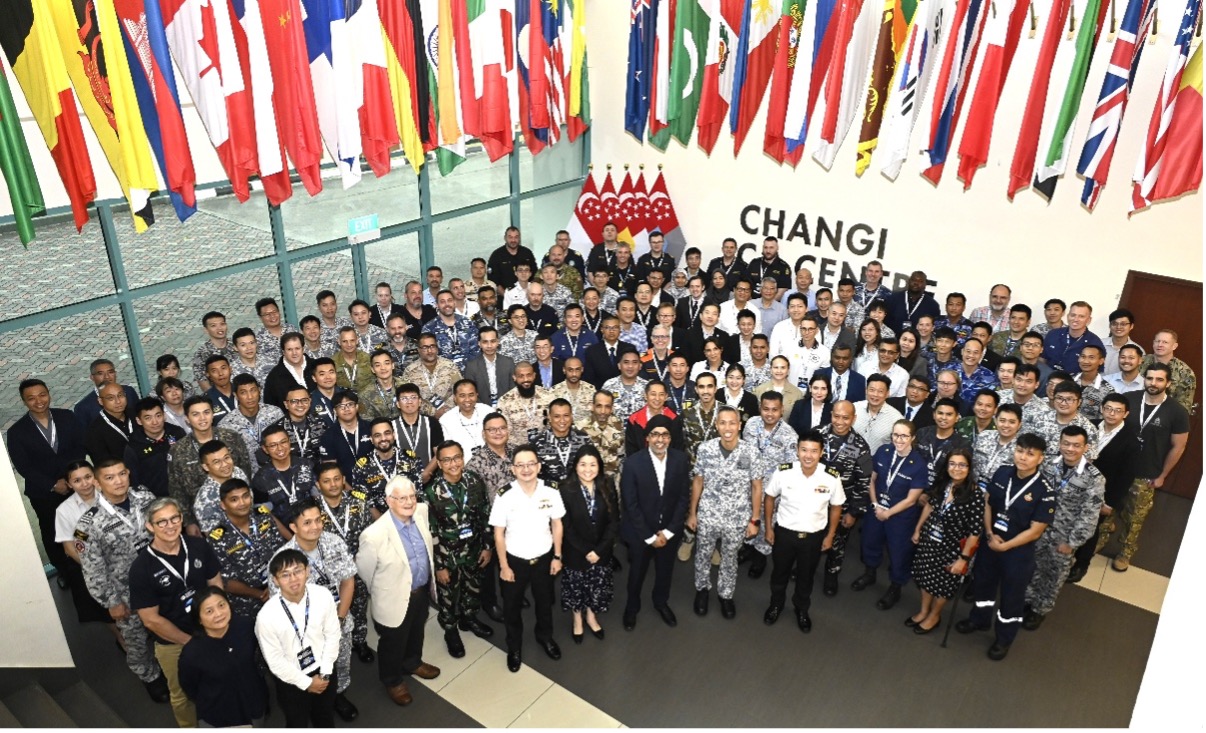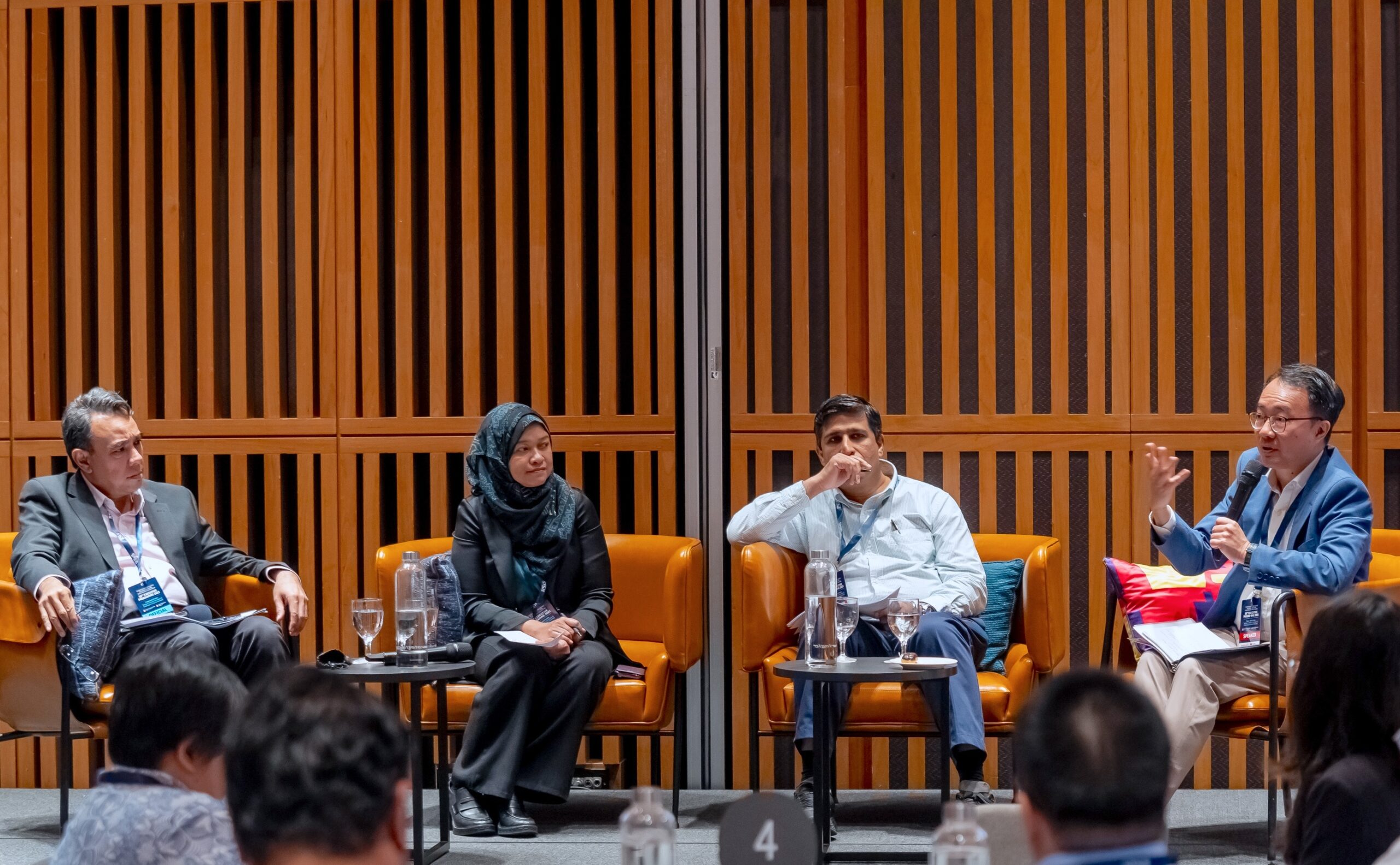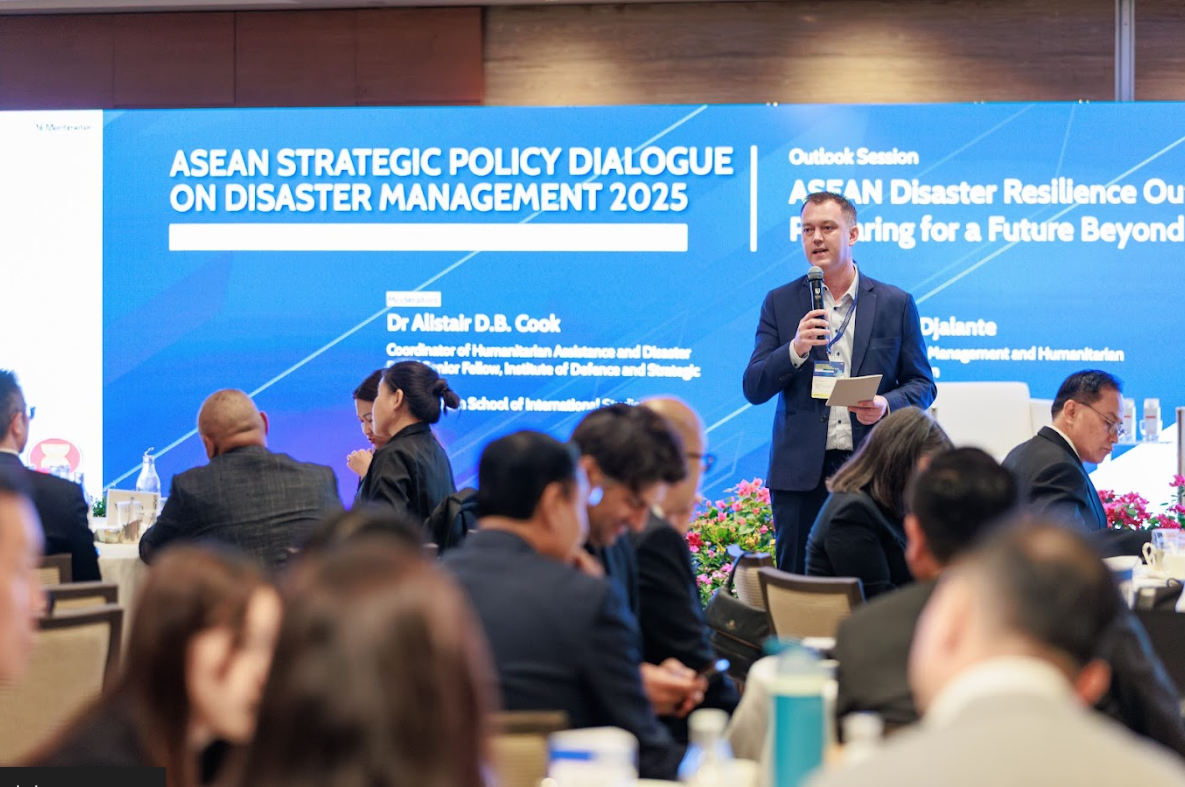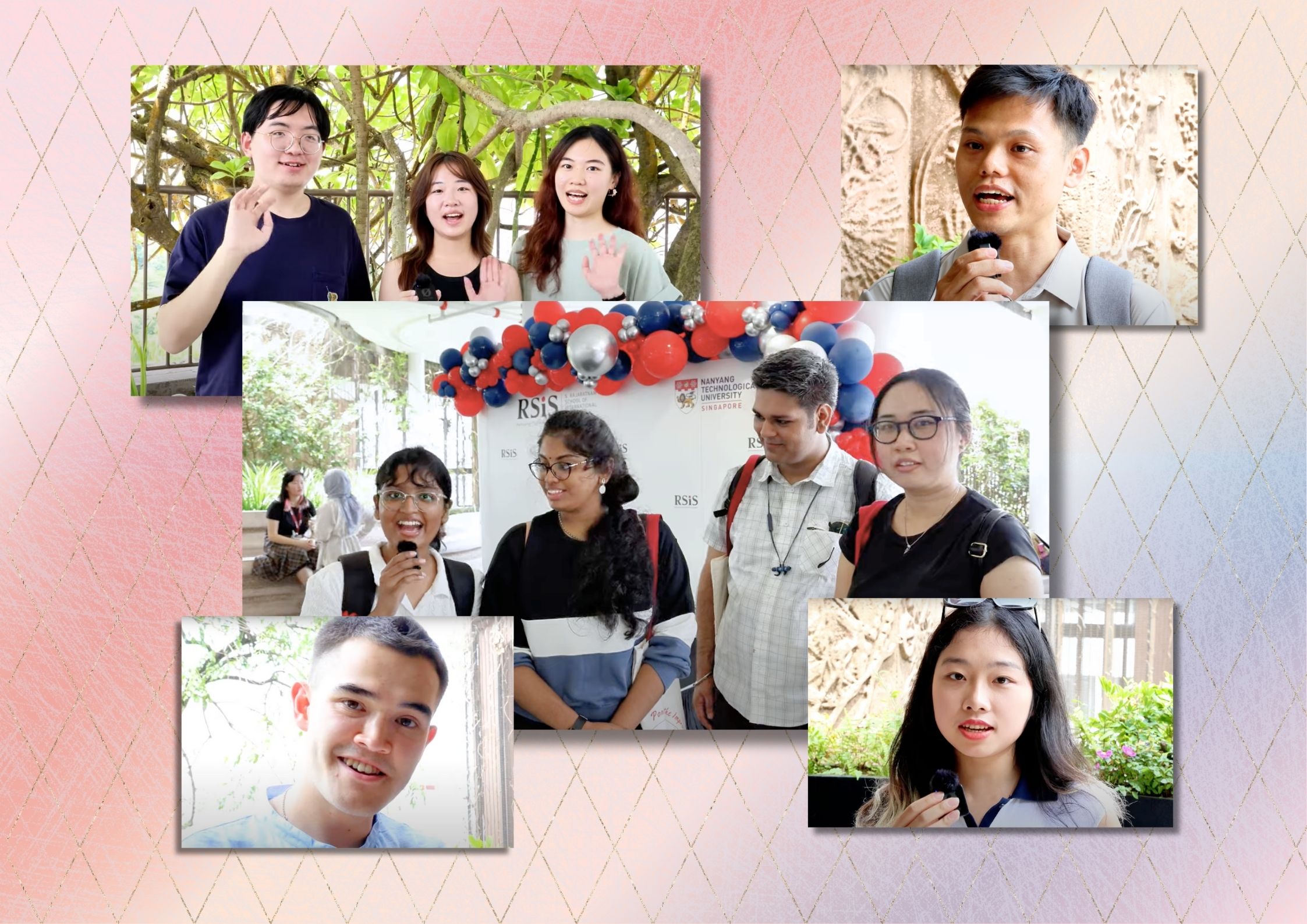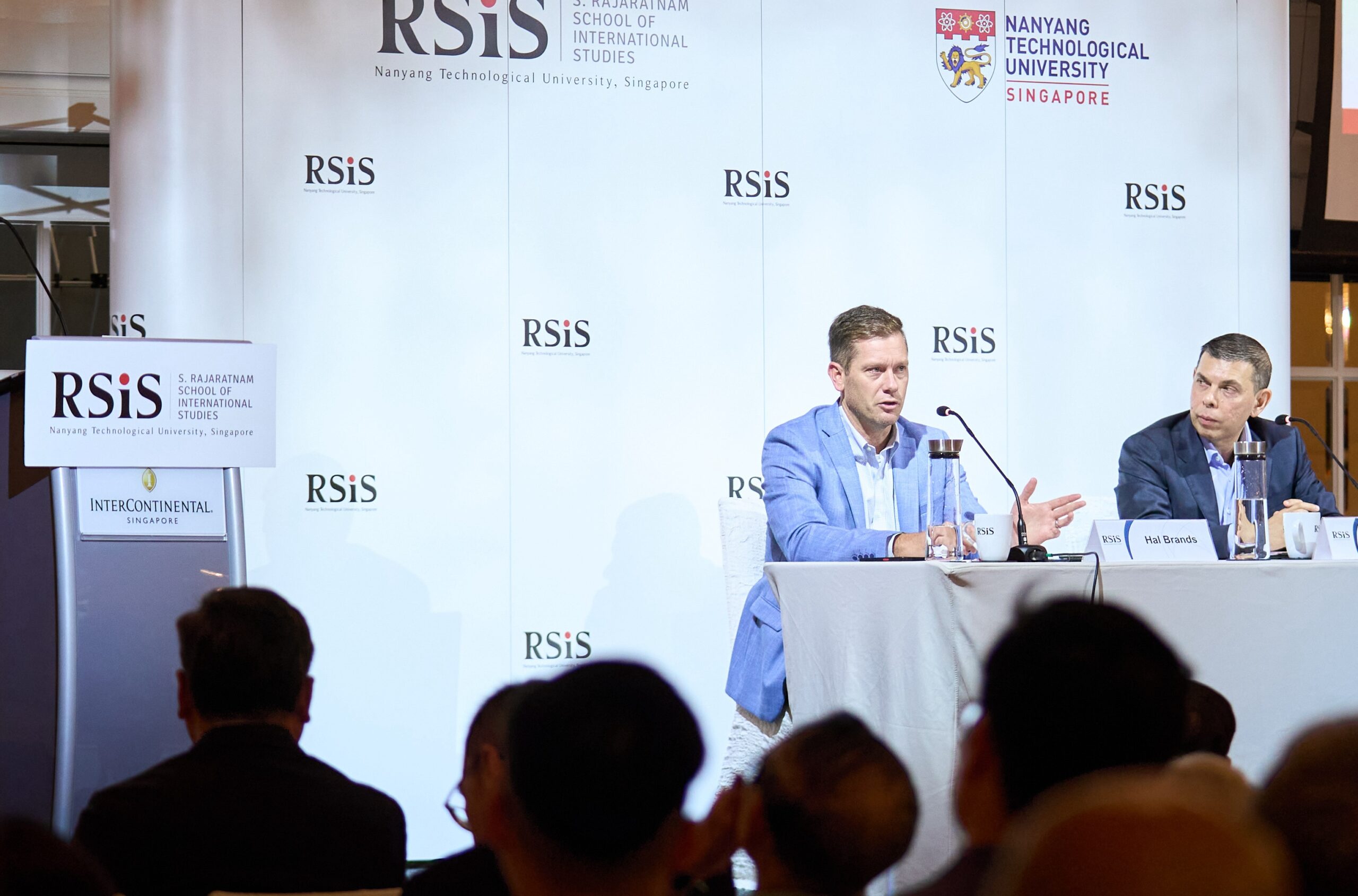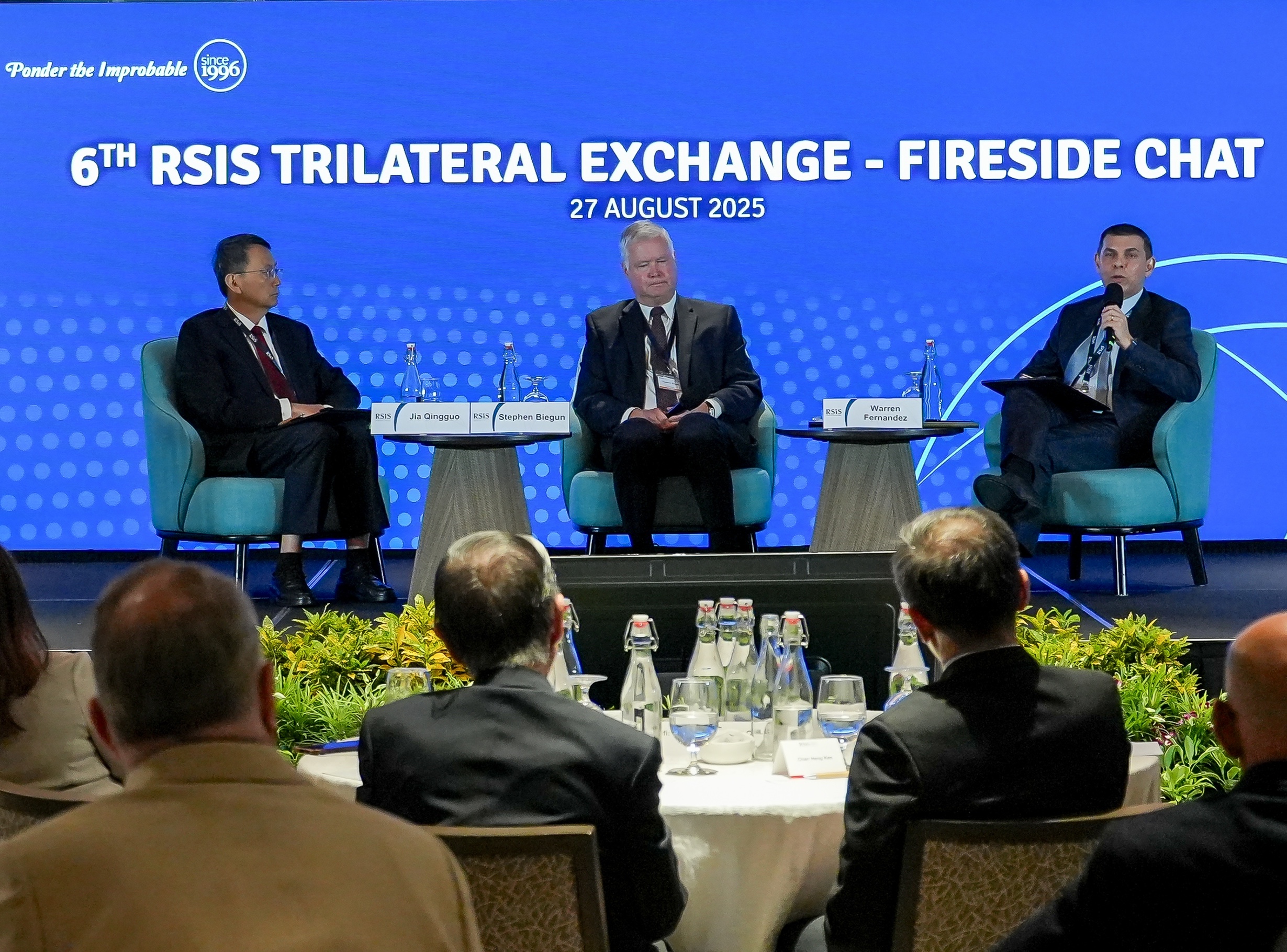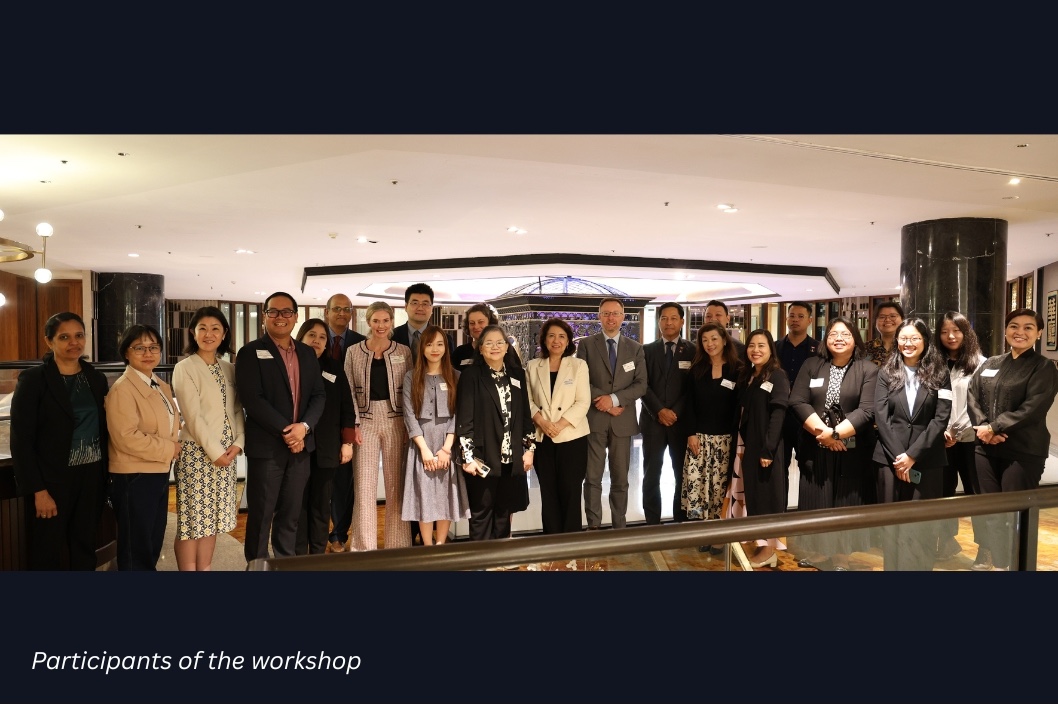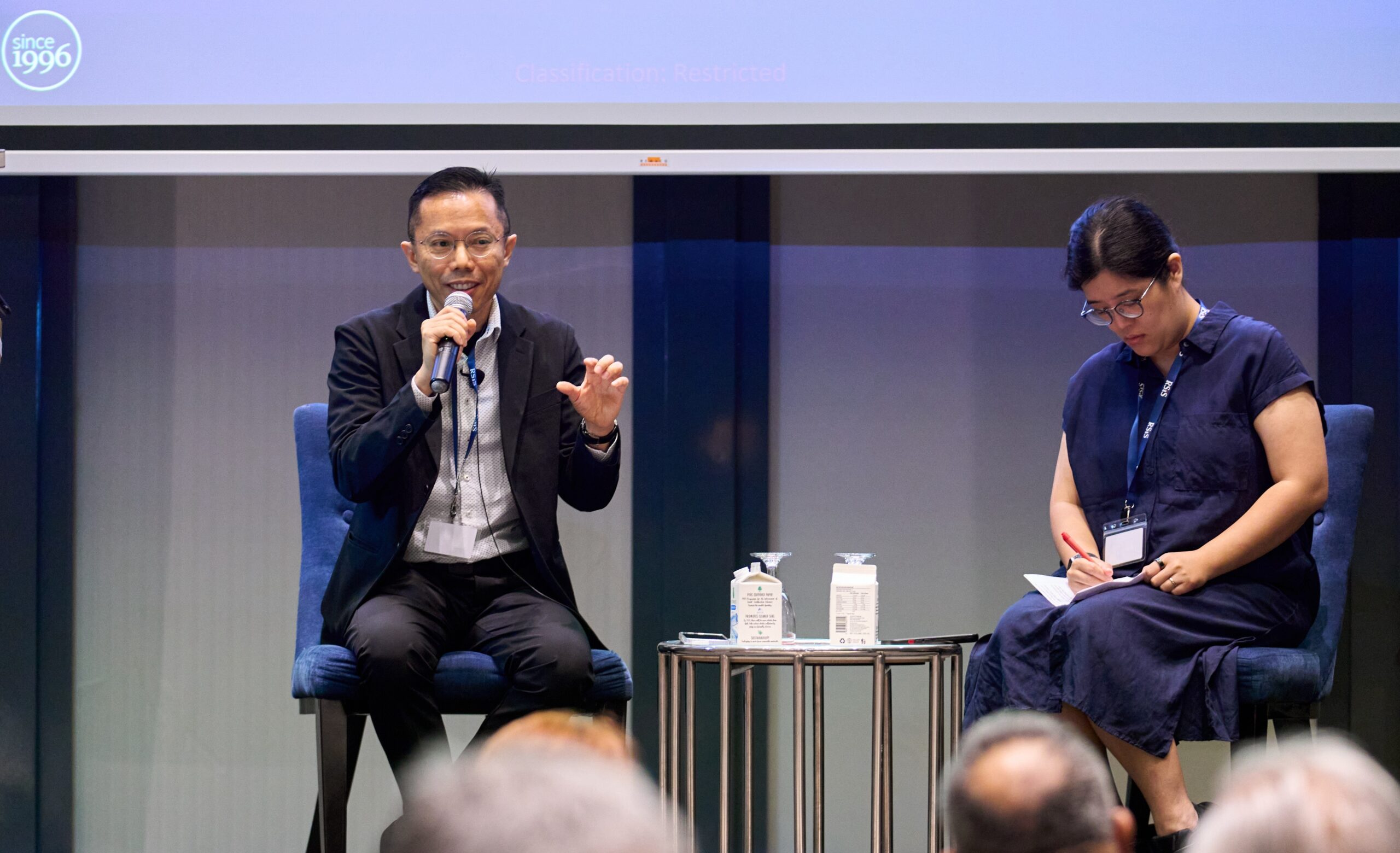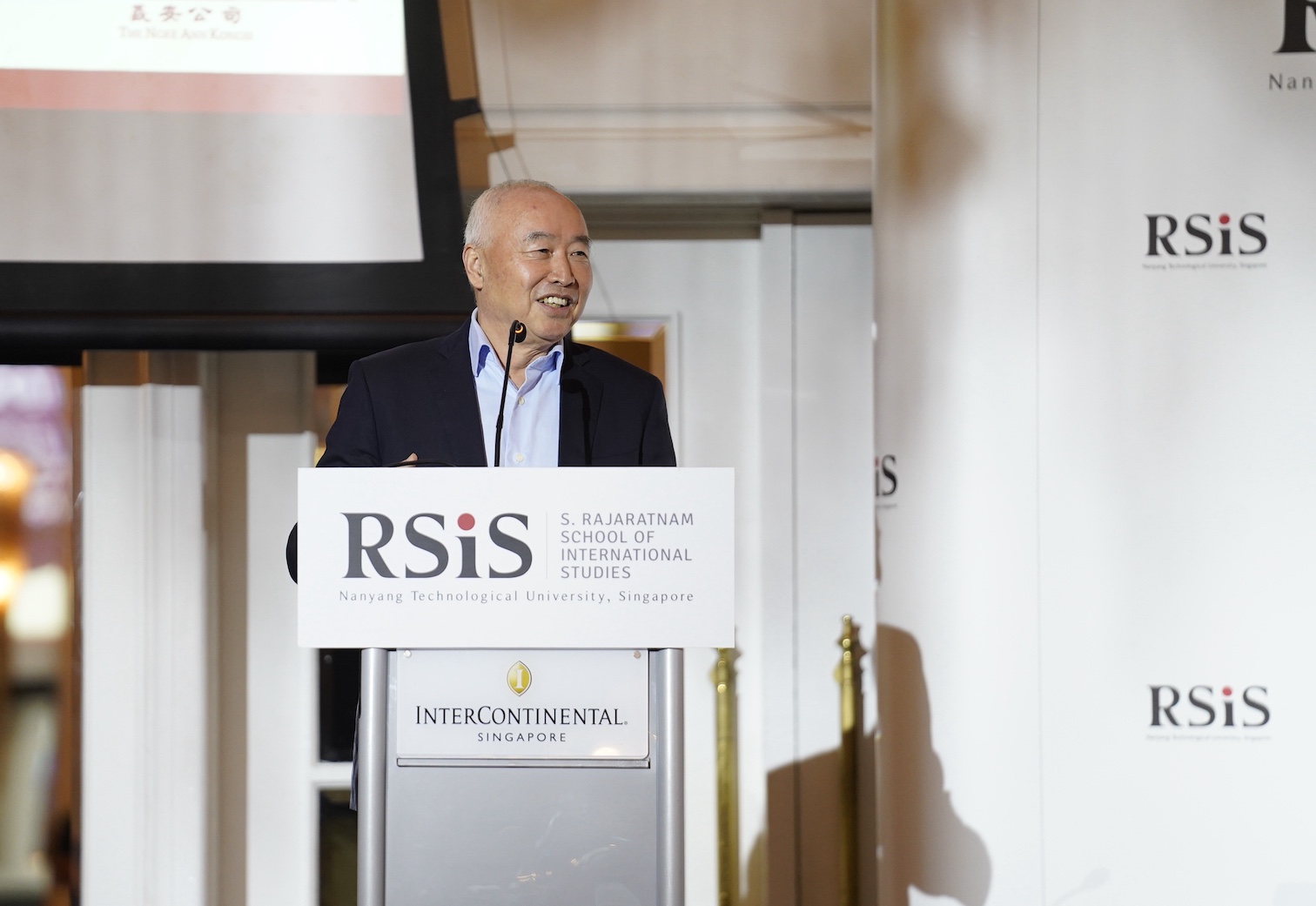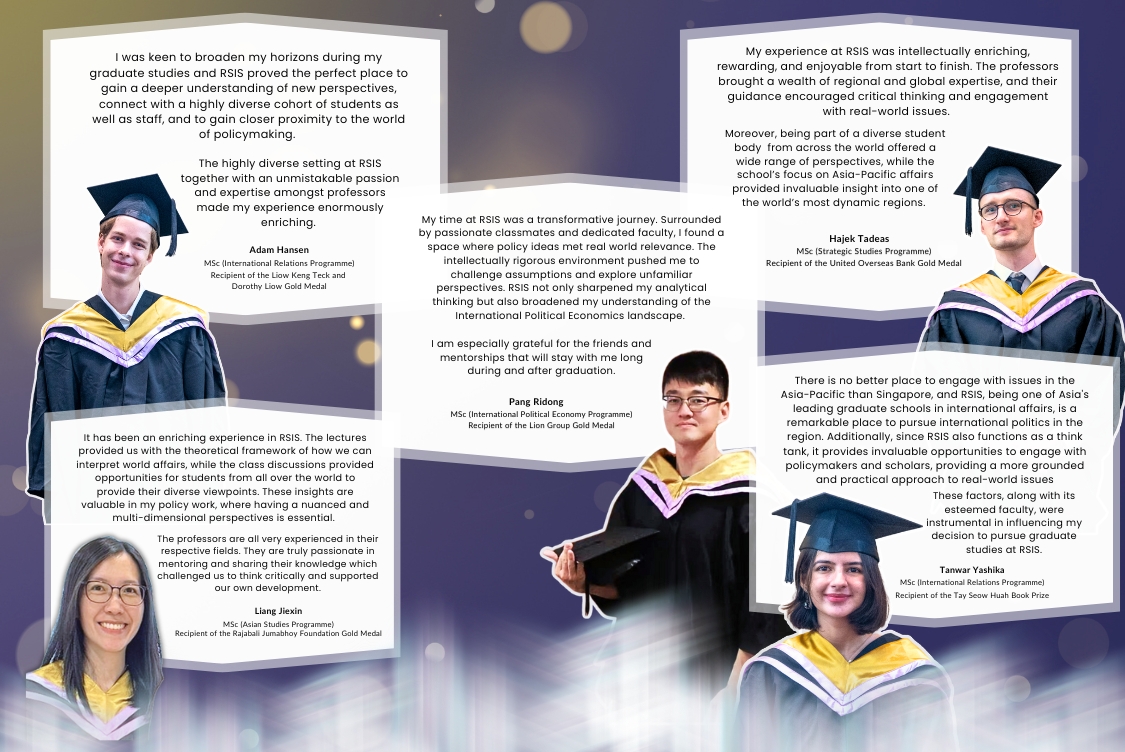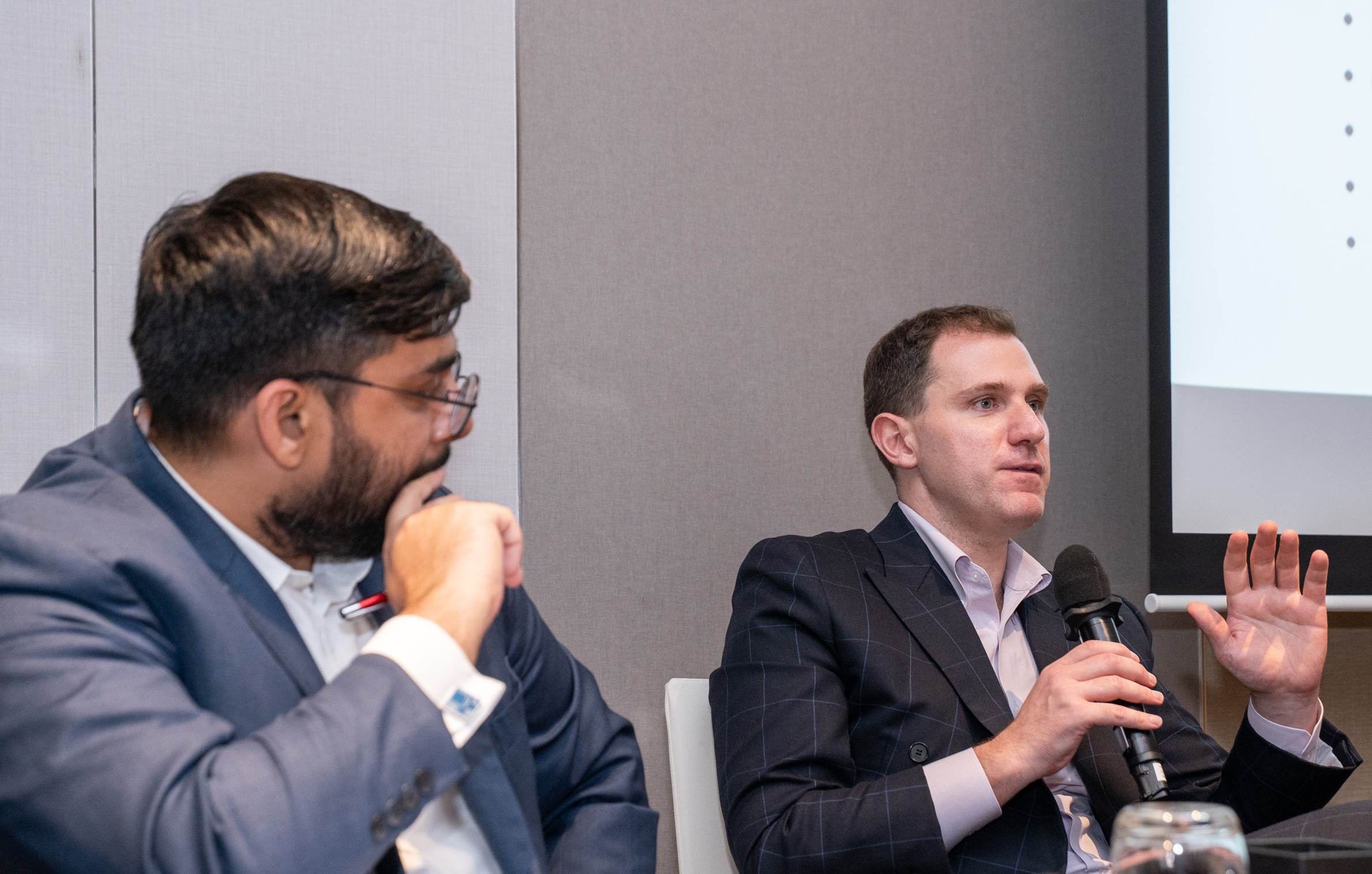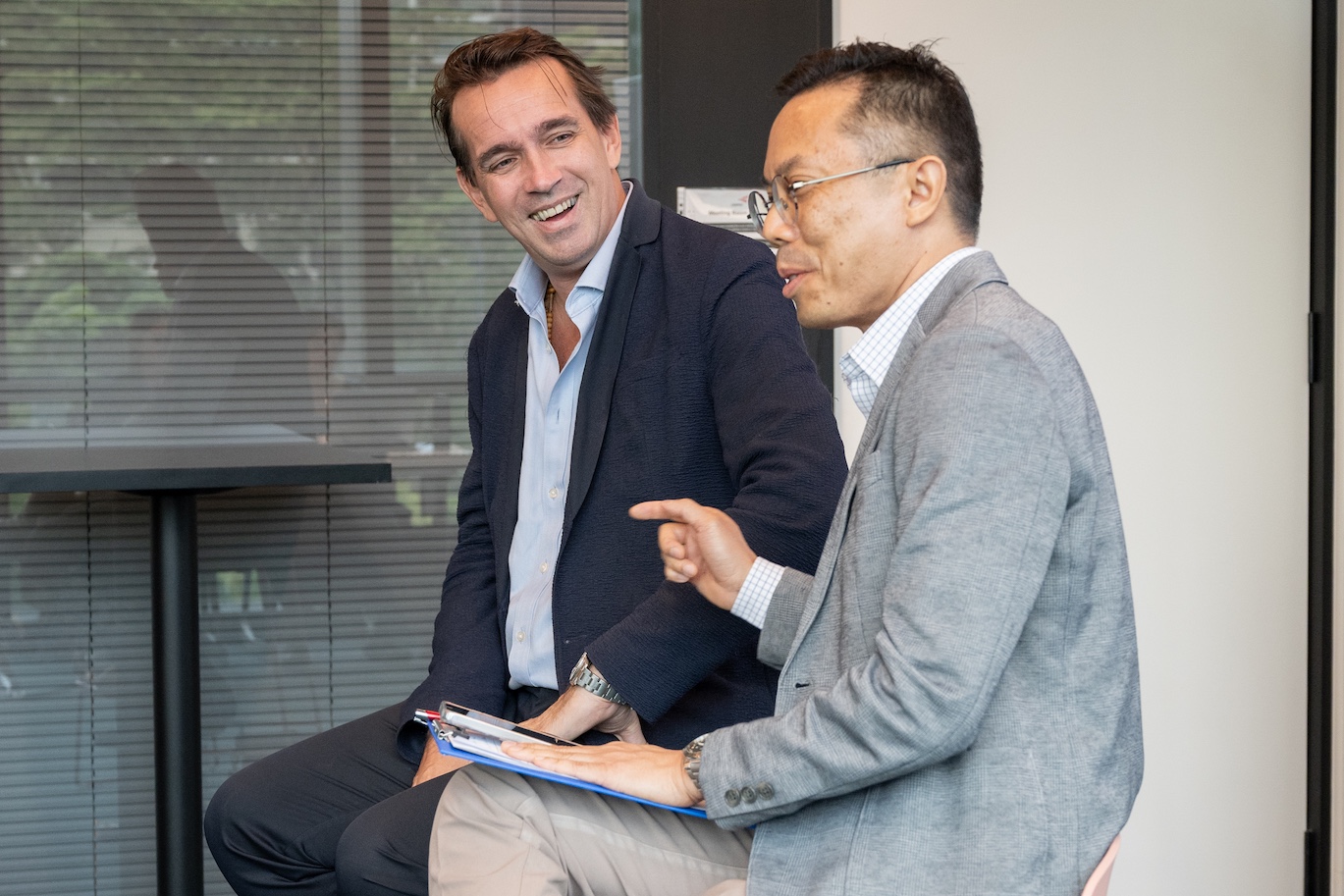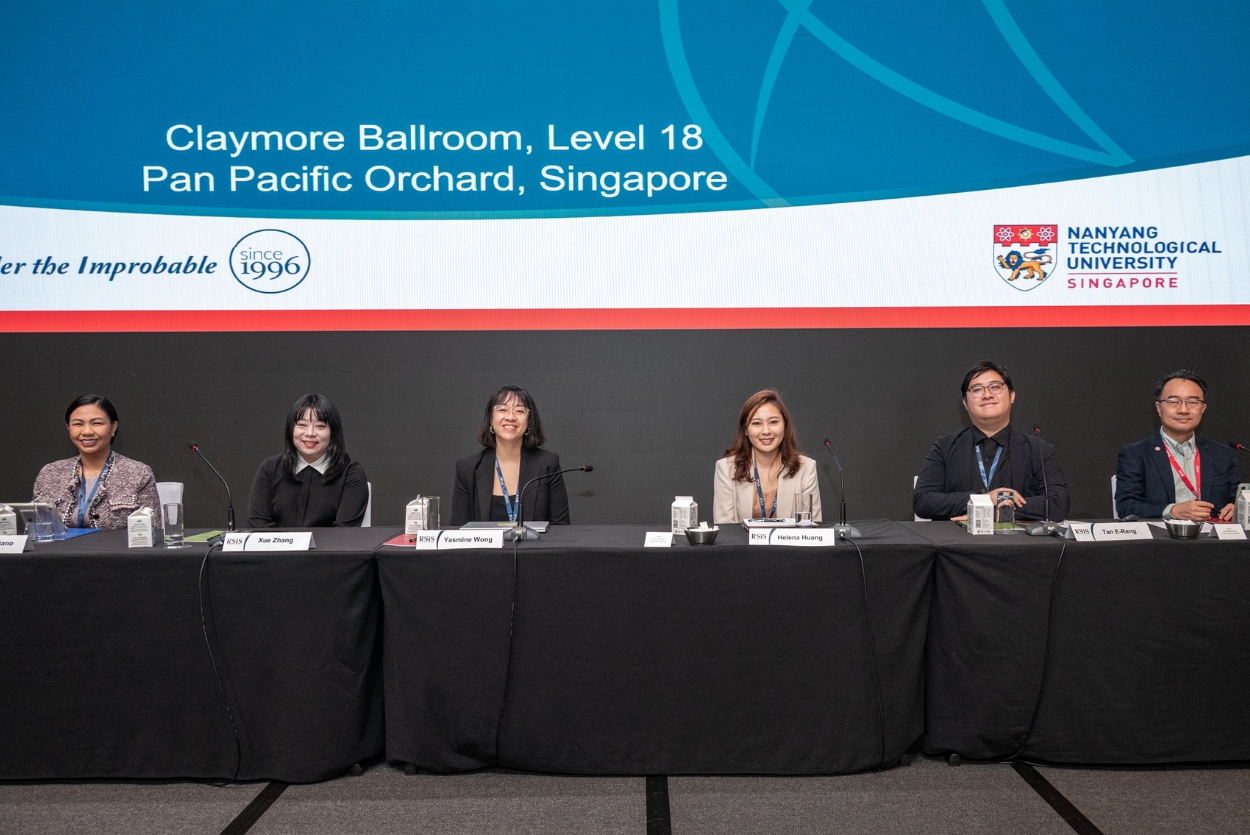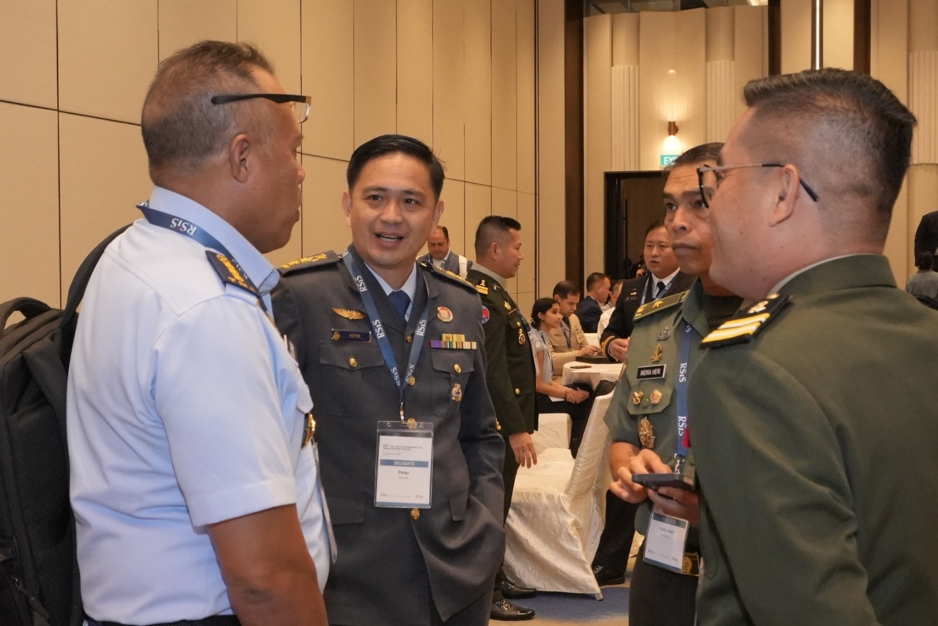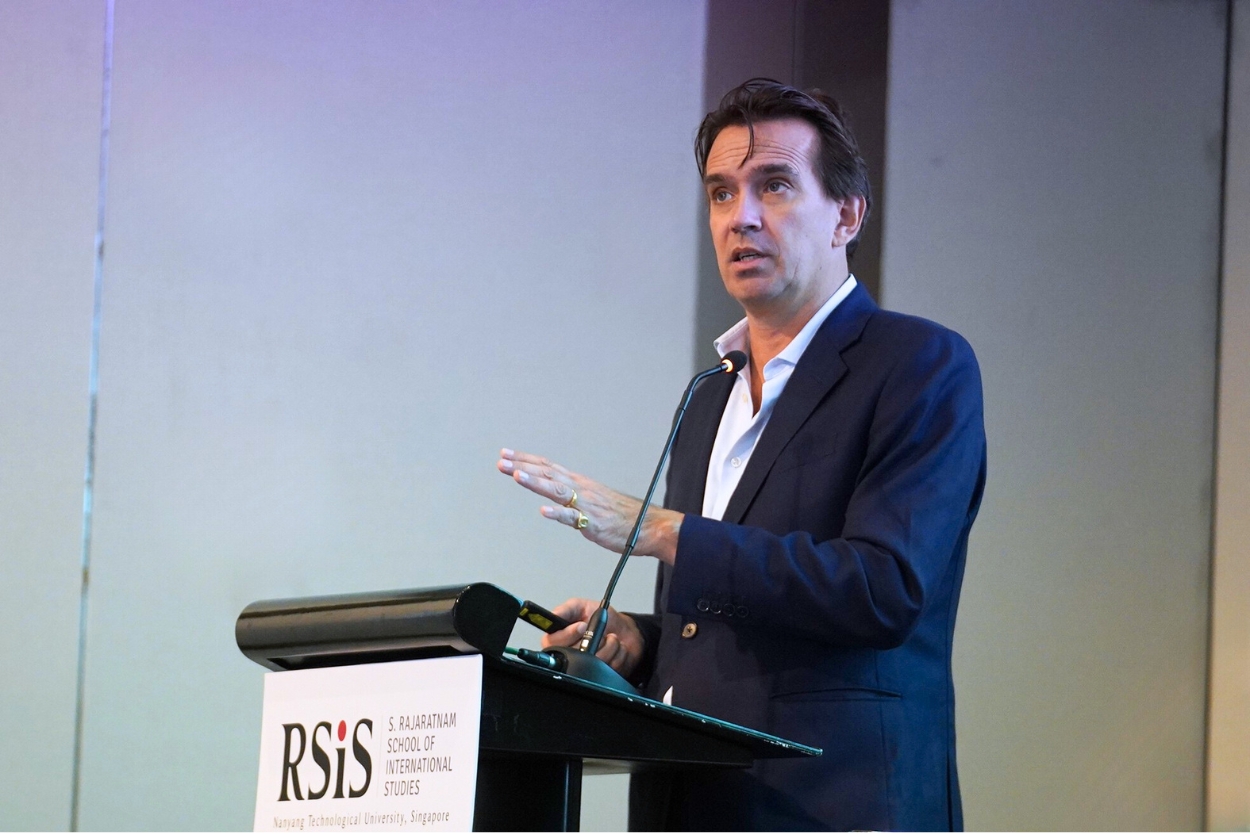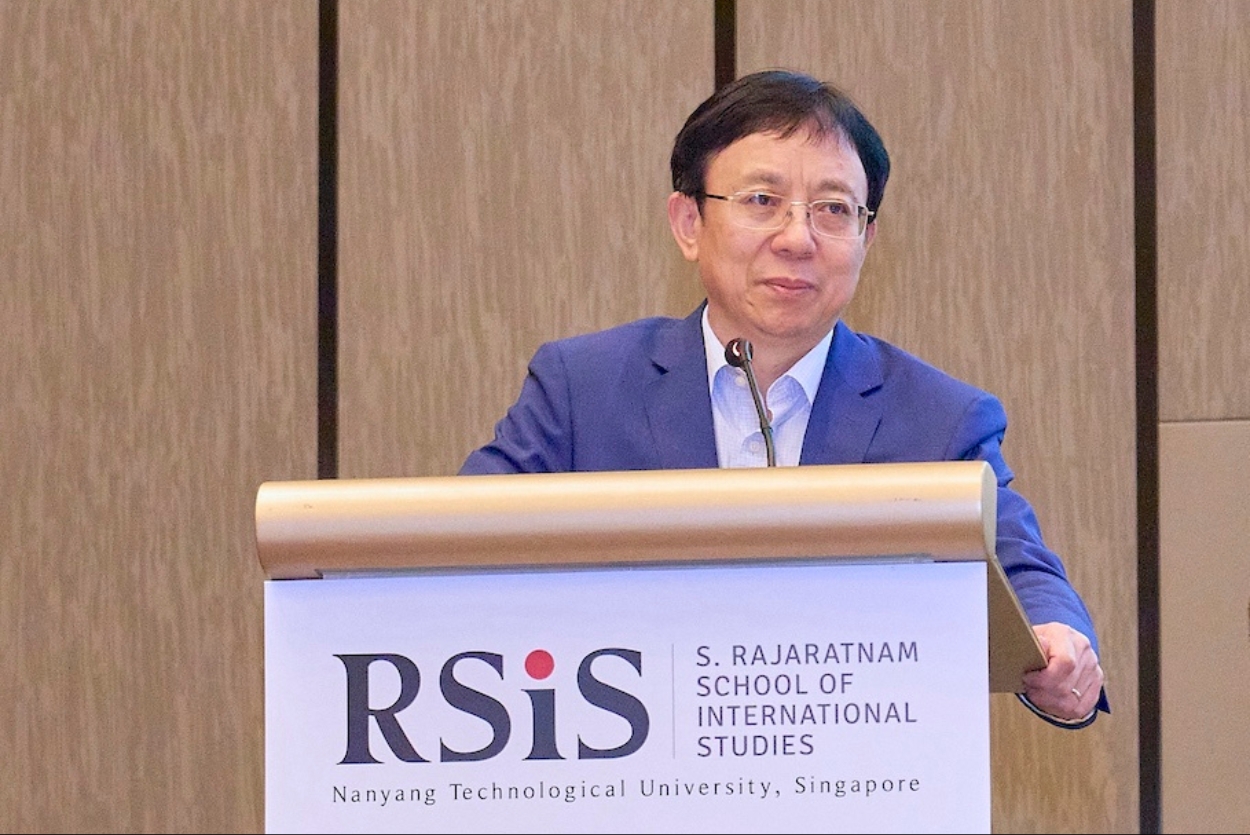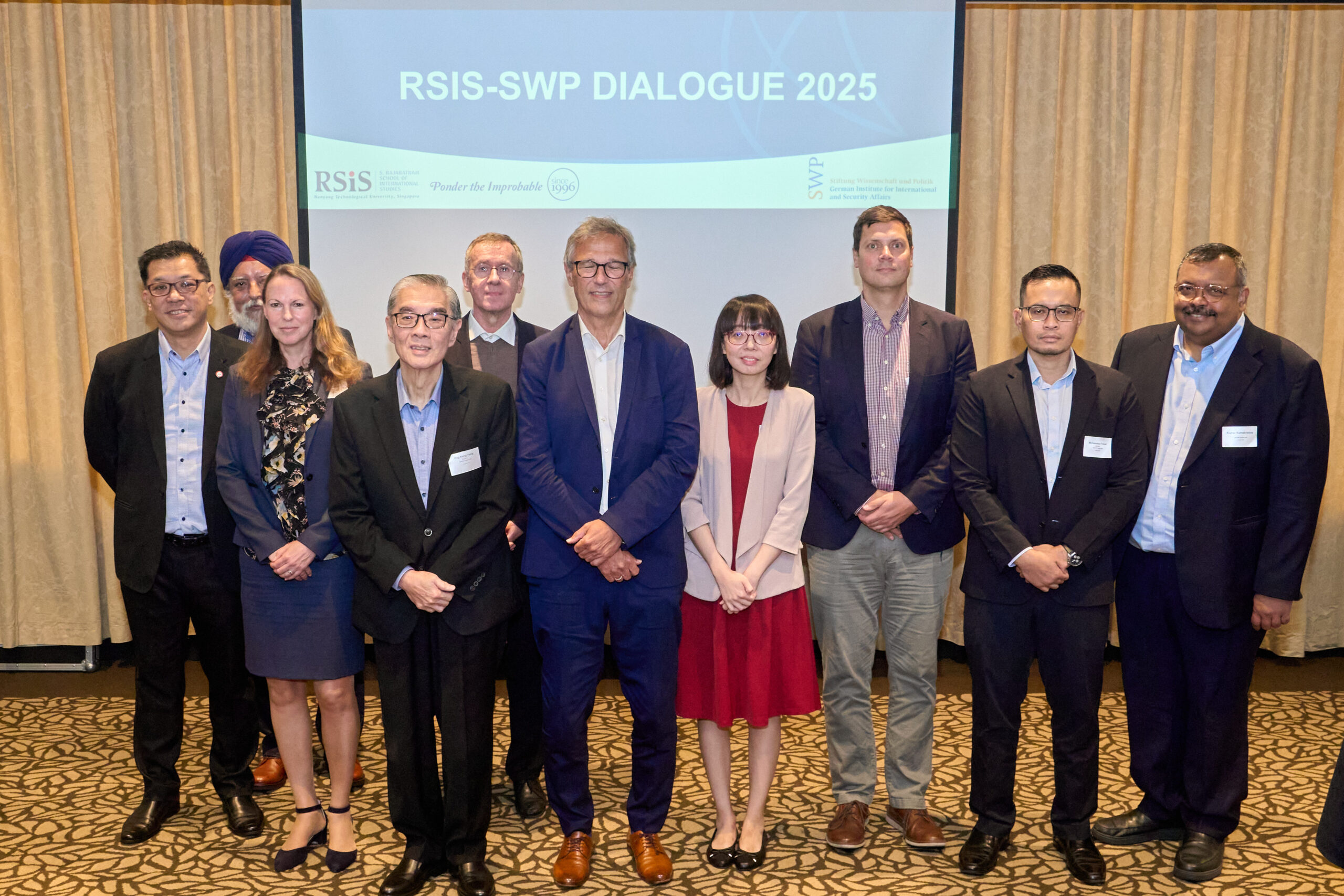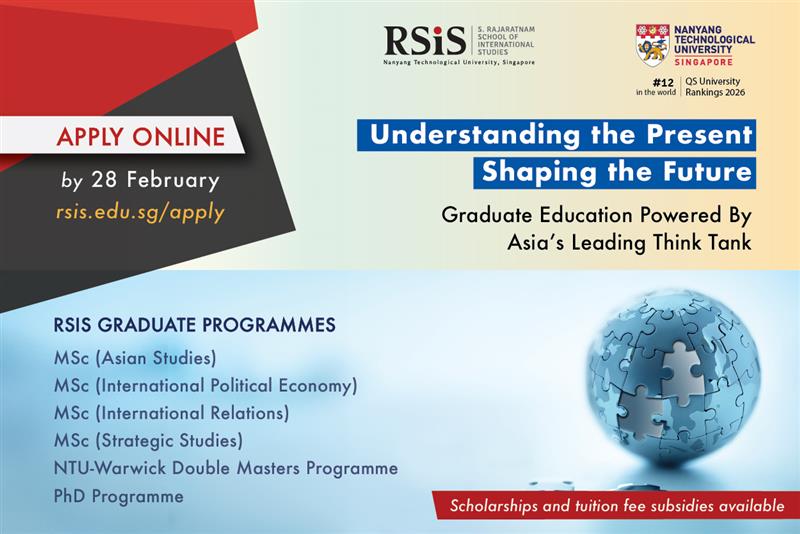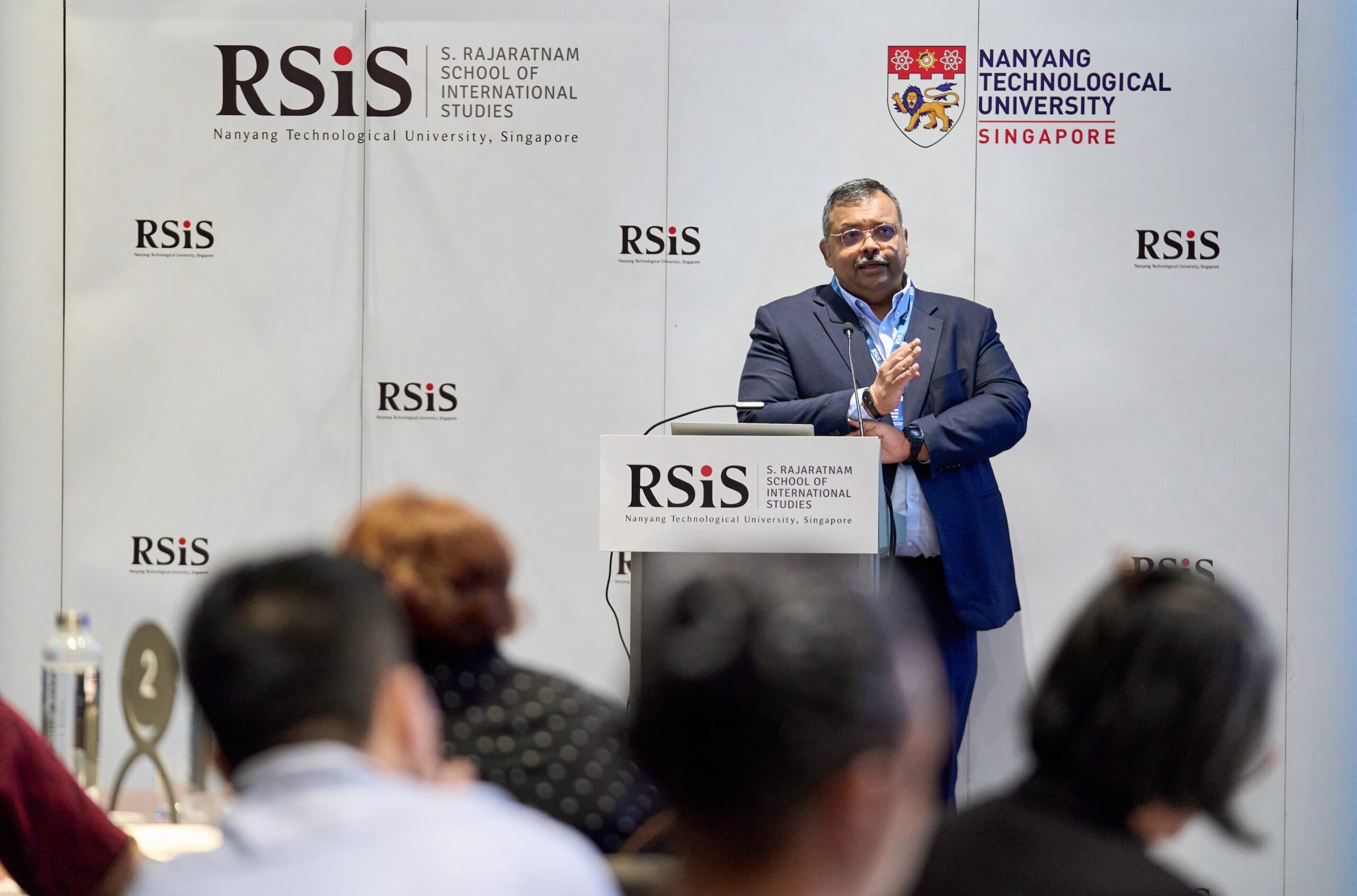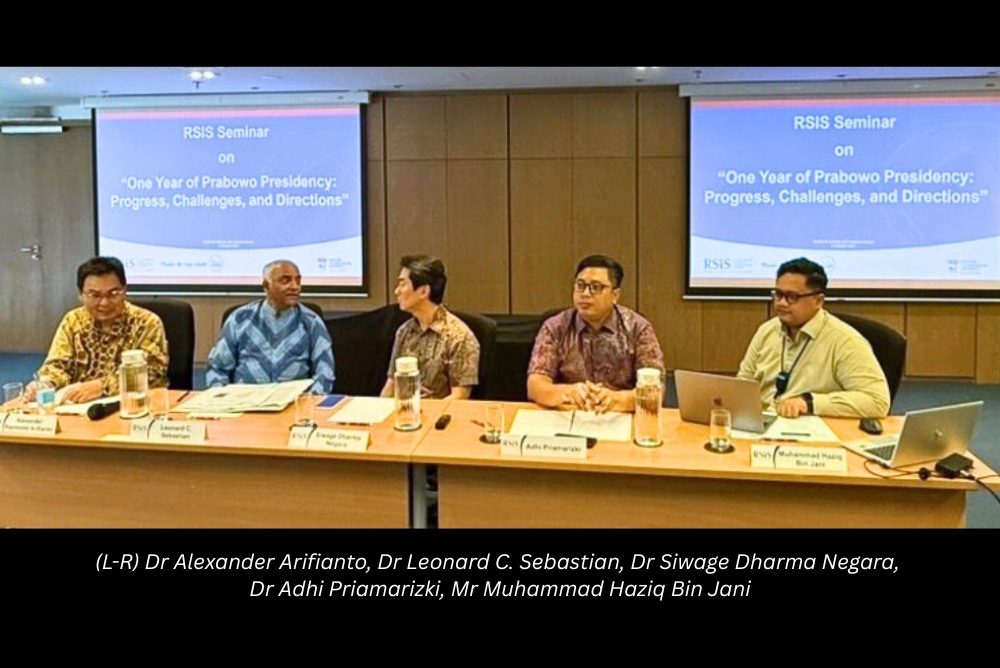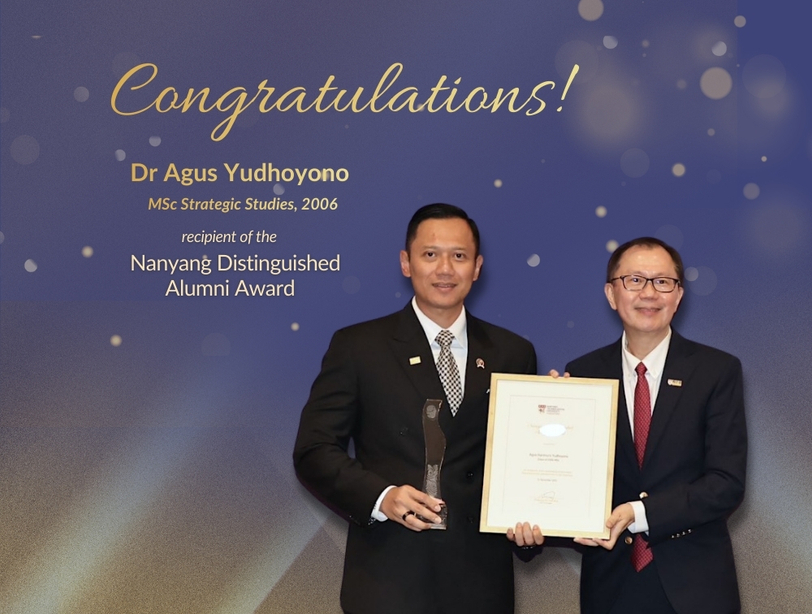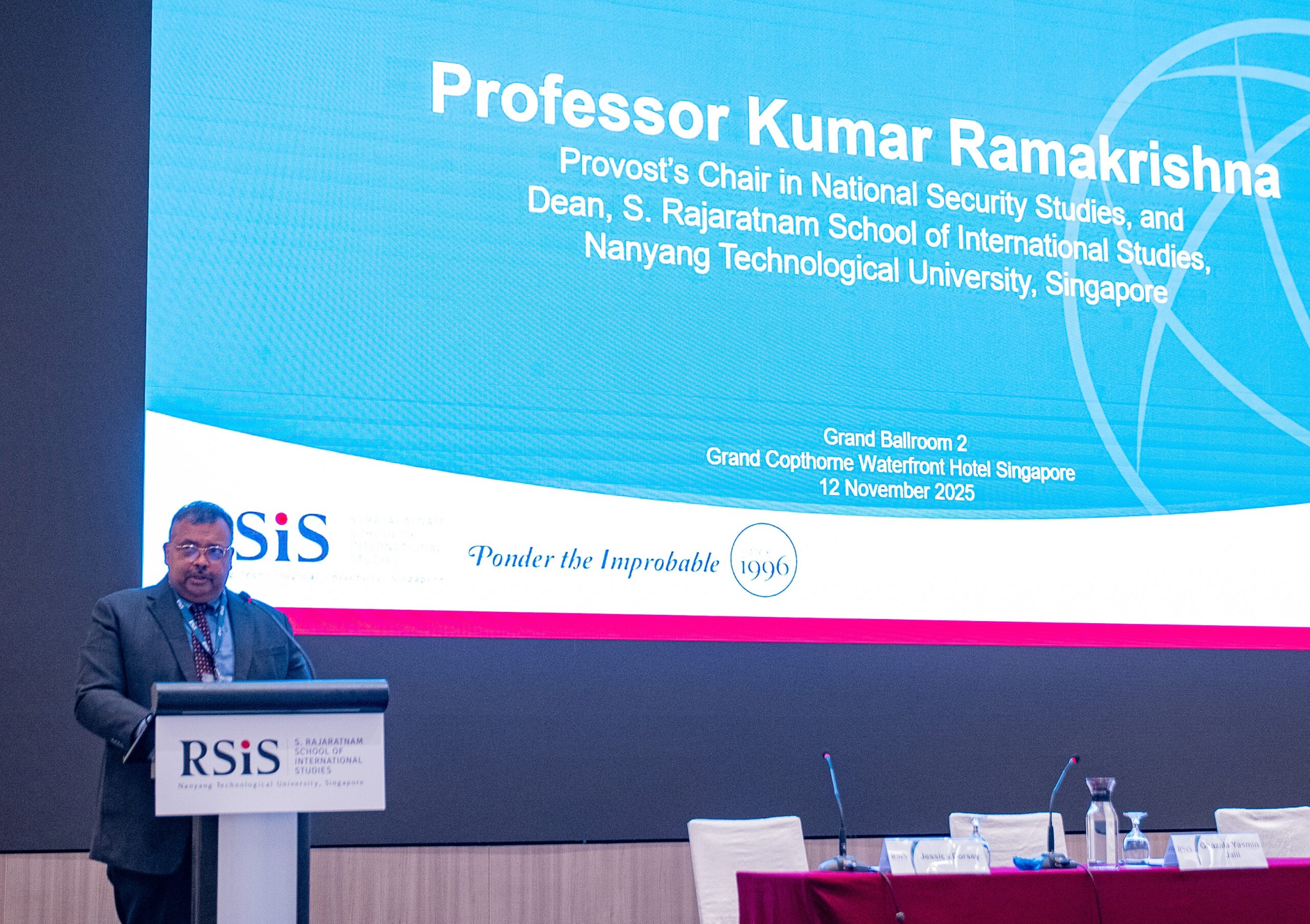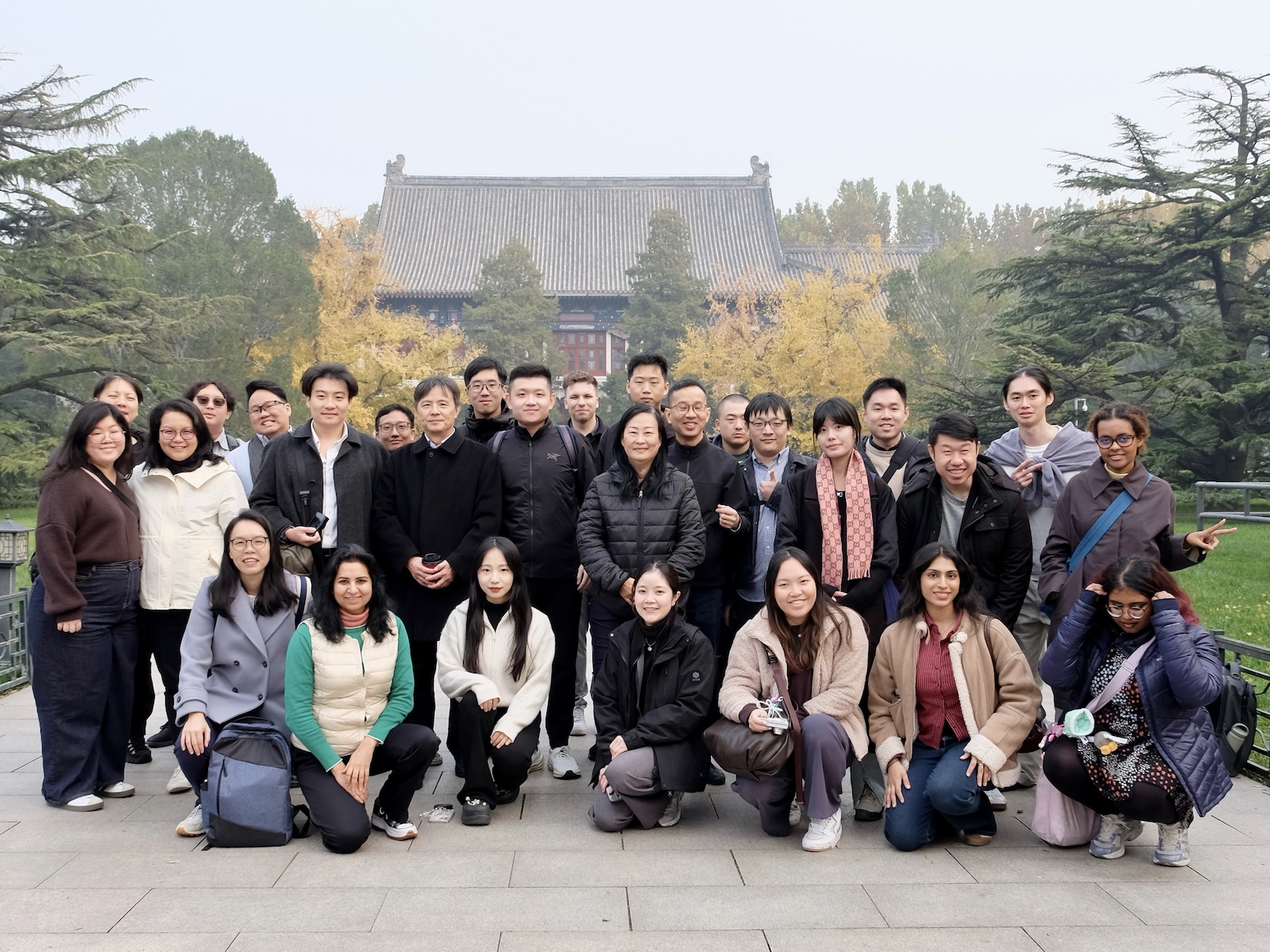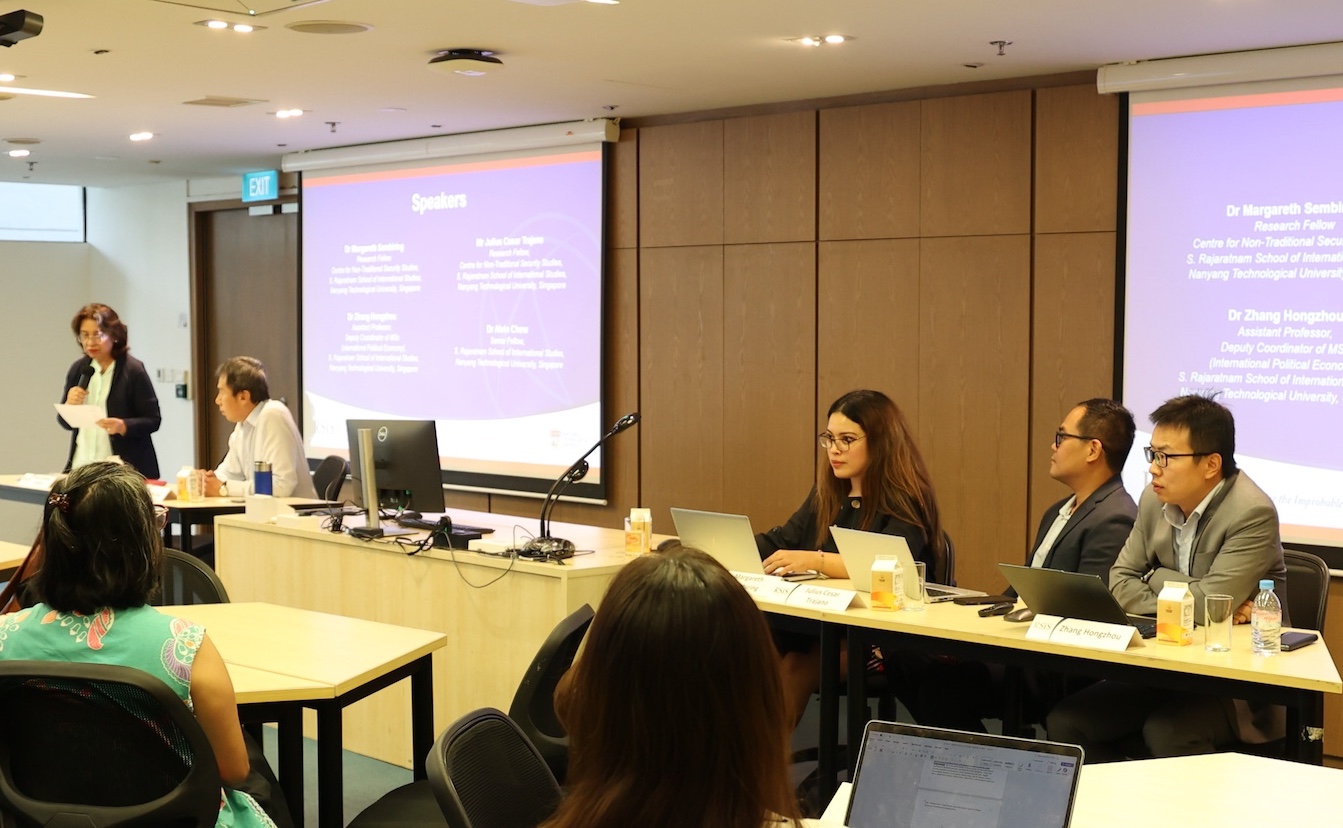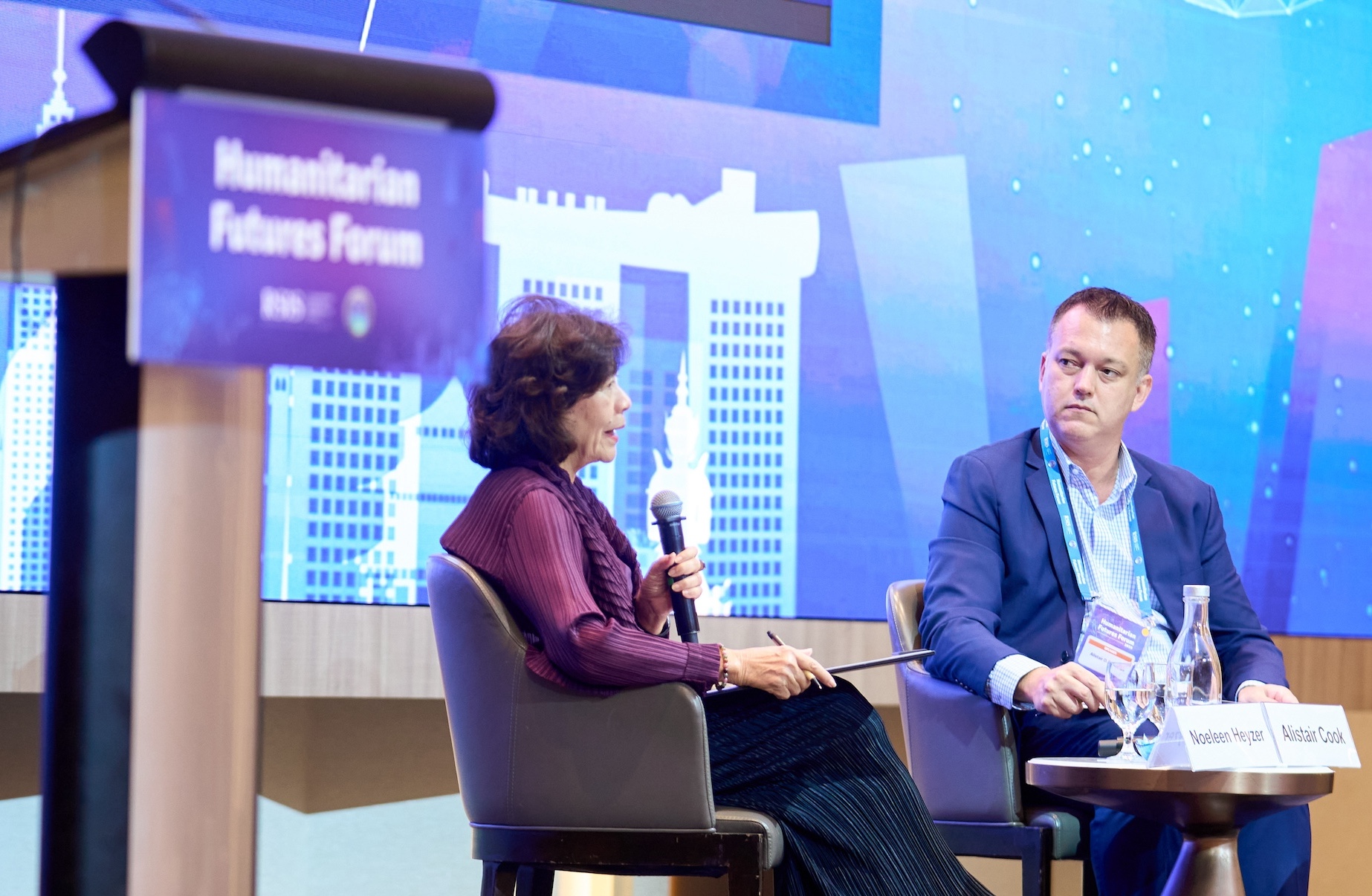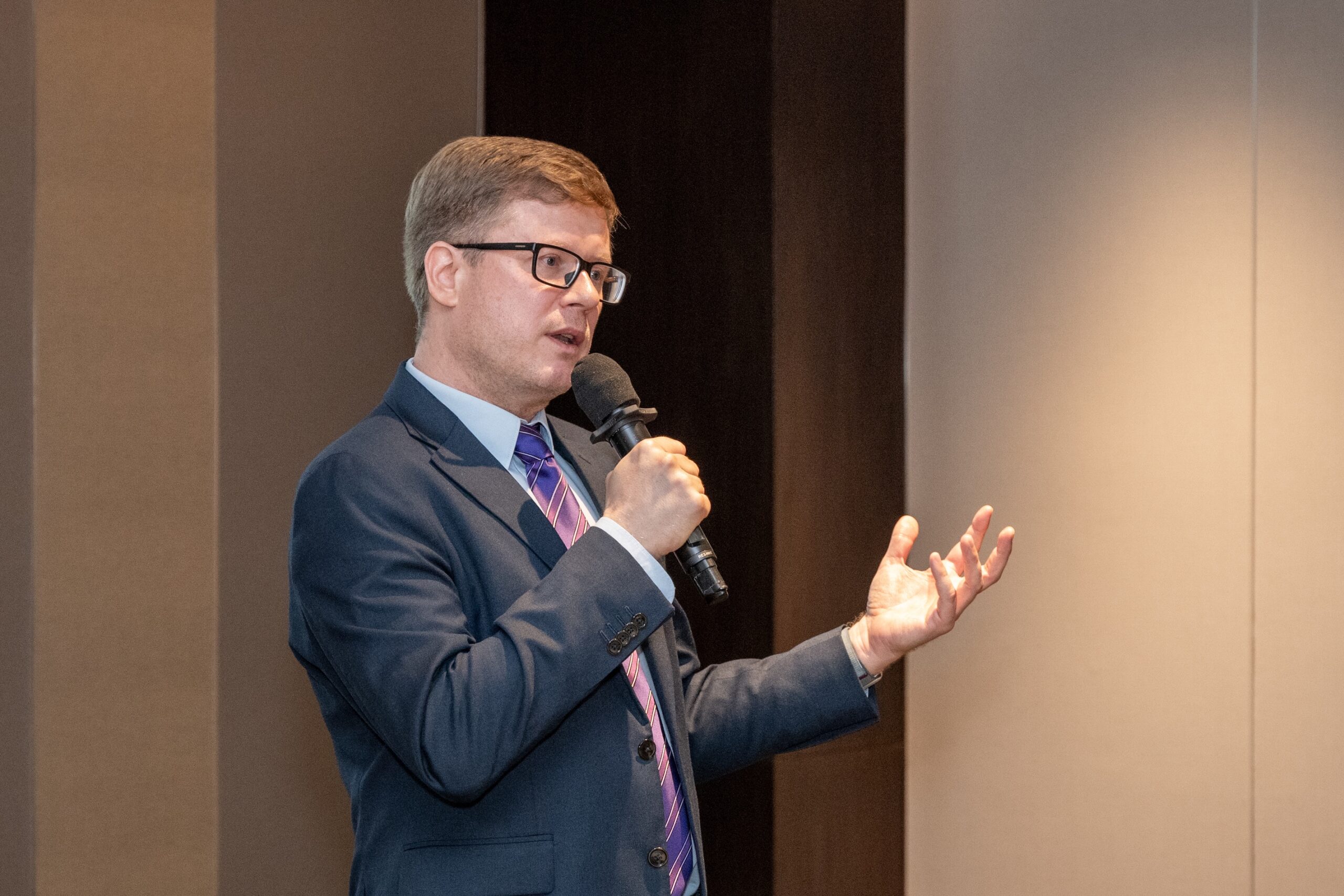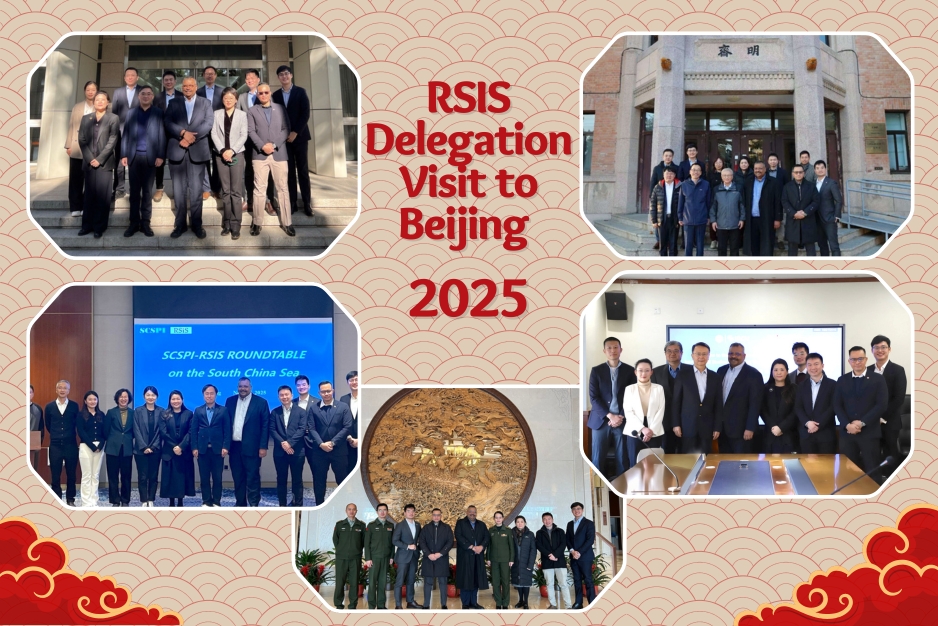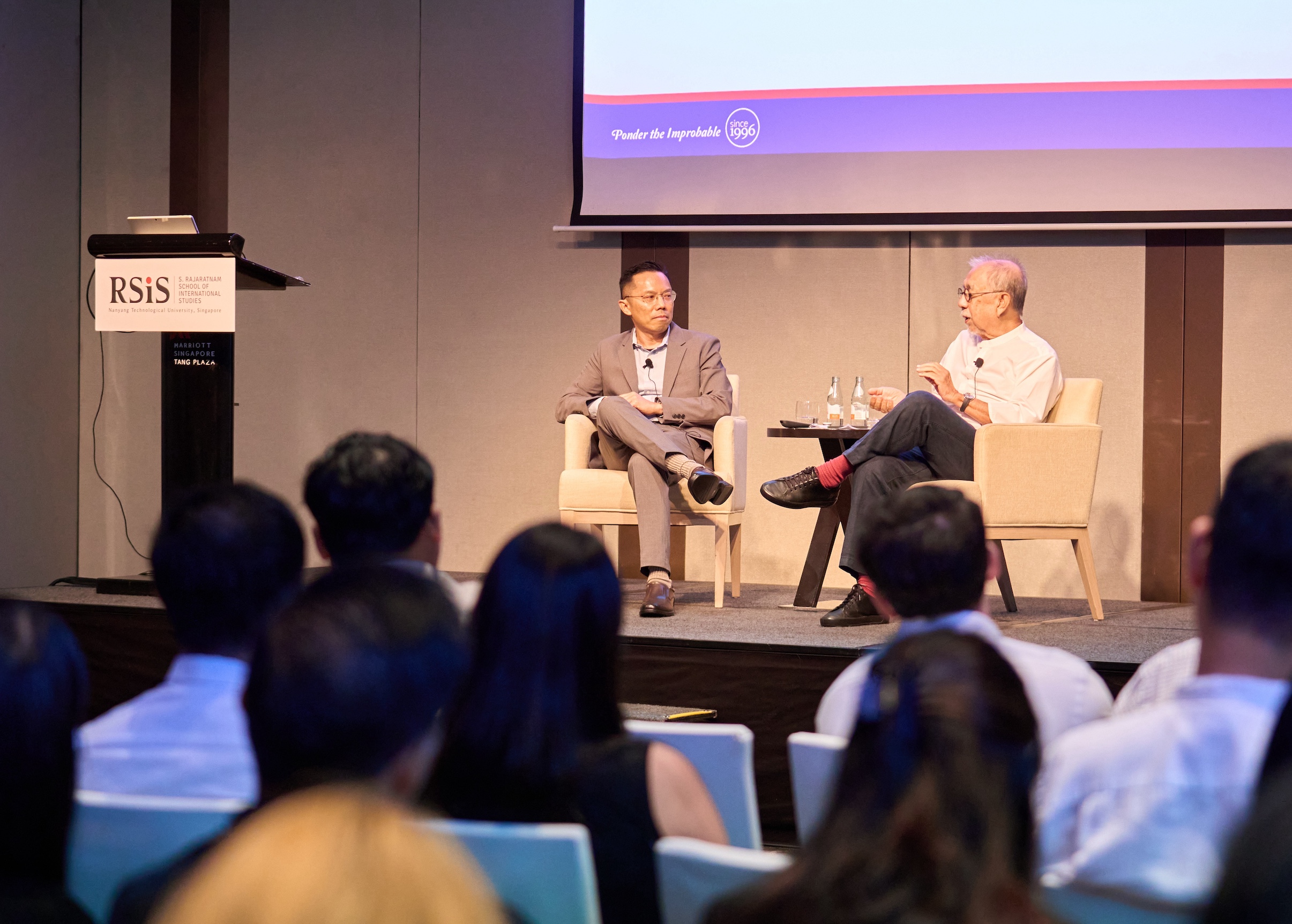
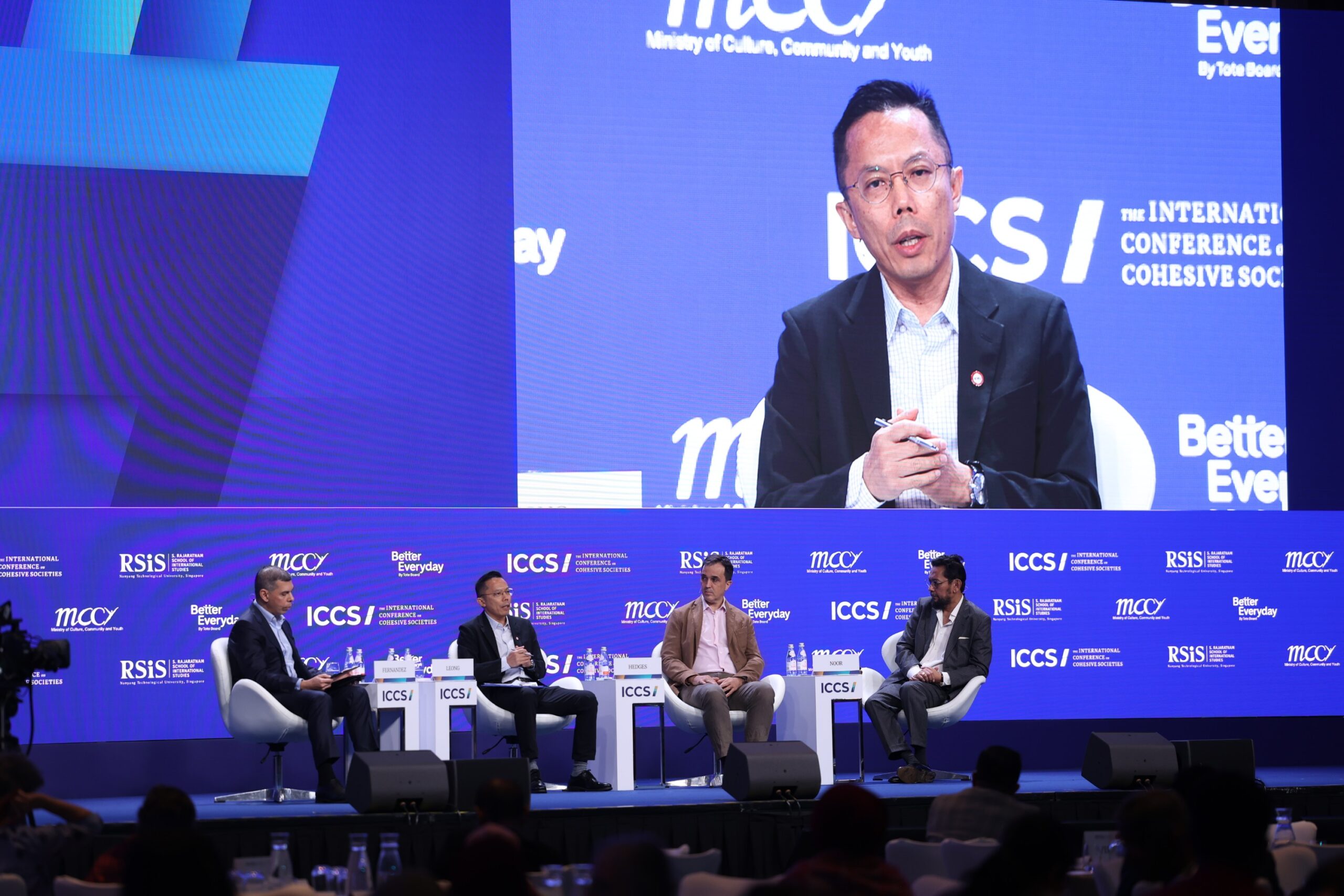
RSIS presented the Southeast Asian Social Cohesion Radar 2025 on the second day of the International Conference on Cohesive Societies (ICCS), held from 24 to 26 June 2025.
Launched in 2022, the Southeast Asian Social Cohesion Radar offers insights into the state of social cohesion across ASEAN. The 2025 edition expands the scope with 10,000 citizen voices, expert interviews, macro indicators, and social listening—building a richer, people-centred picture of unity in diversity.
RSIS used an adaptation of the widely used Bertelsmann Stiftung Framework (BSF) to assess social cohesion. In 2022, RSIS did a pilot study using BSF to measure social cohesion in the Southeast Asian countries. In 2025, RSIS strengthened it with validation using national samples from all the Southeast Asian countries.
1,000 individuals were surveyed in each country (ensuring demographic representations) from January to May 2025, with stringent survey language and data quality control governing the survey.
The report offers insights into the state of social cohesion across ASEAN.
Key Findings – Regional Overview as follows:
- Overall Social Cohesion Index – generally positive across all countries (regional average of 72.4%)
- Social Relations – broad acceptance of diversity and cultural differences; more than 7 in 10 are confident that people from diverse communities will help each other regardless of their identity
- Connectedness – opportunities many countries to promote greater institutional trust and perceived policy unfairness
- Focus on Common Good – some countries have greater civic involvement (e.g. Indonesia, Malaysia, Myanmar), others could do more to promote civic contribution (e.g. Cambodia, Singapore)
The Southeast Asian Social Cohesion Radar scores correlate with global measures of stability and economic development.
The key takeaways for the community were:
- Foster proactive engagement between communities and policymakers across various domains of everyday life and across geographical divides.
- Harness strong community ties as a stepping stone towards fostering institutional trust
- Develop strategic goals that prioritise the common good and address contemporary challenges in the country.
The next stage is partnership.
RSIS plans to partner with regional academics, civic leaders, and scholars to deep dive into the key findings, addressing the following:
- Analyse culture-specific challenges that affect the social fabric of ASEAN Member State.
- Identify the drivers for cohesive norms and the policy levers that promote harmonious co-existence.
- Uncover subgroups that may benefit most from multicultural dialogues and regional programmes.
Read the report here.
Watch as Dr Leong Chan-Hoong, Senior Fellow and Head of the Social Cohesion Research Programme (SCRP) at RSIS tells us more about the report.




